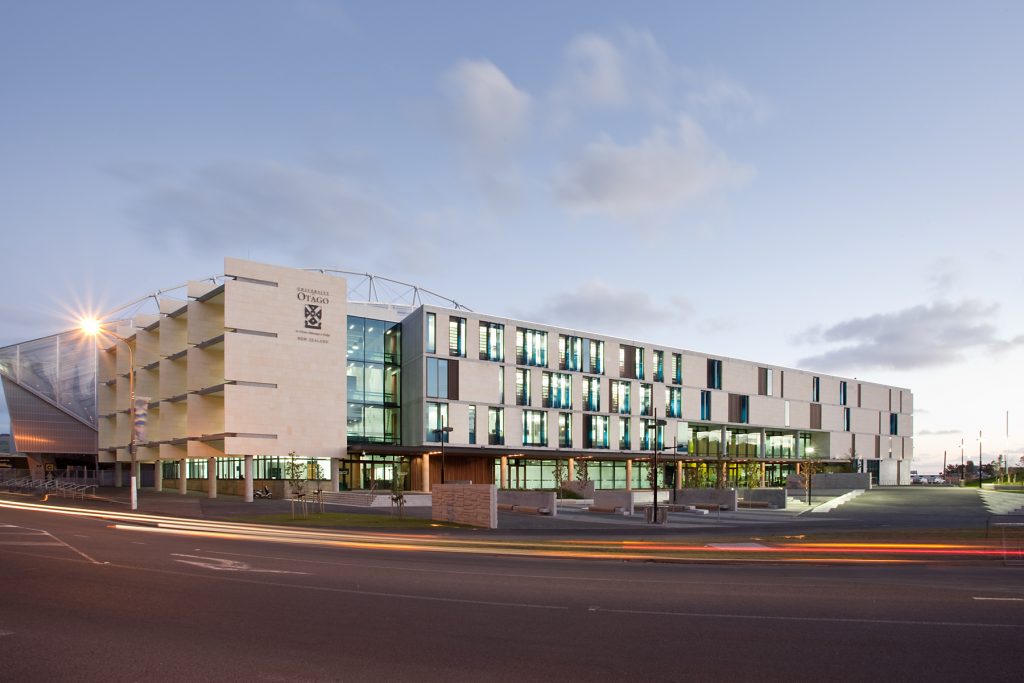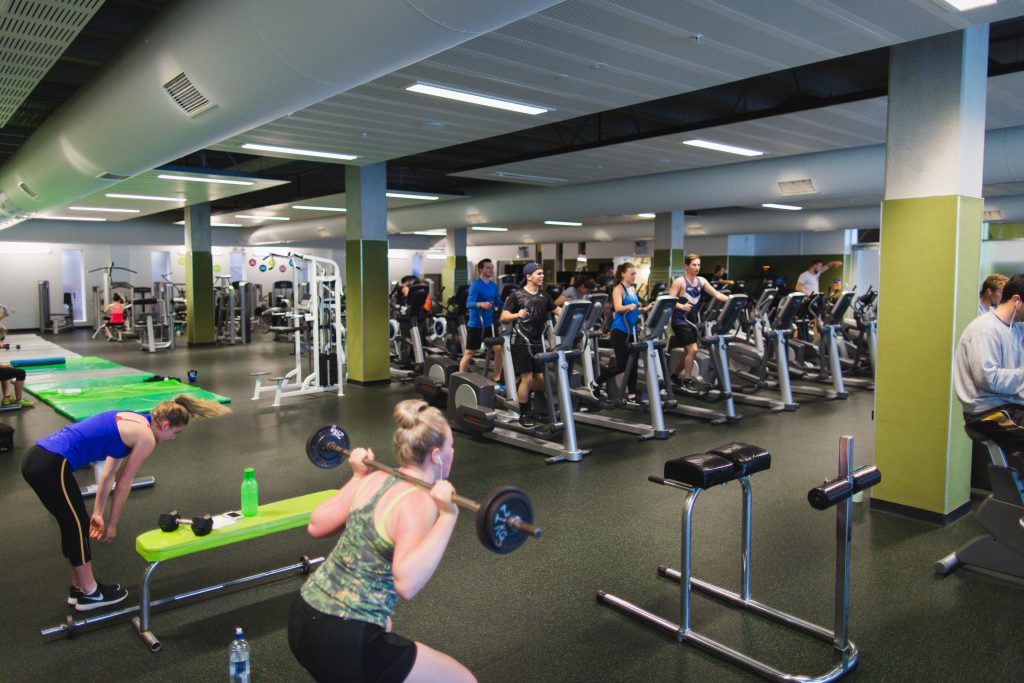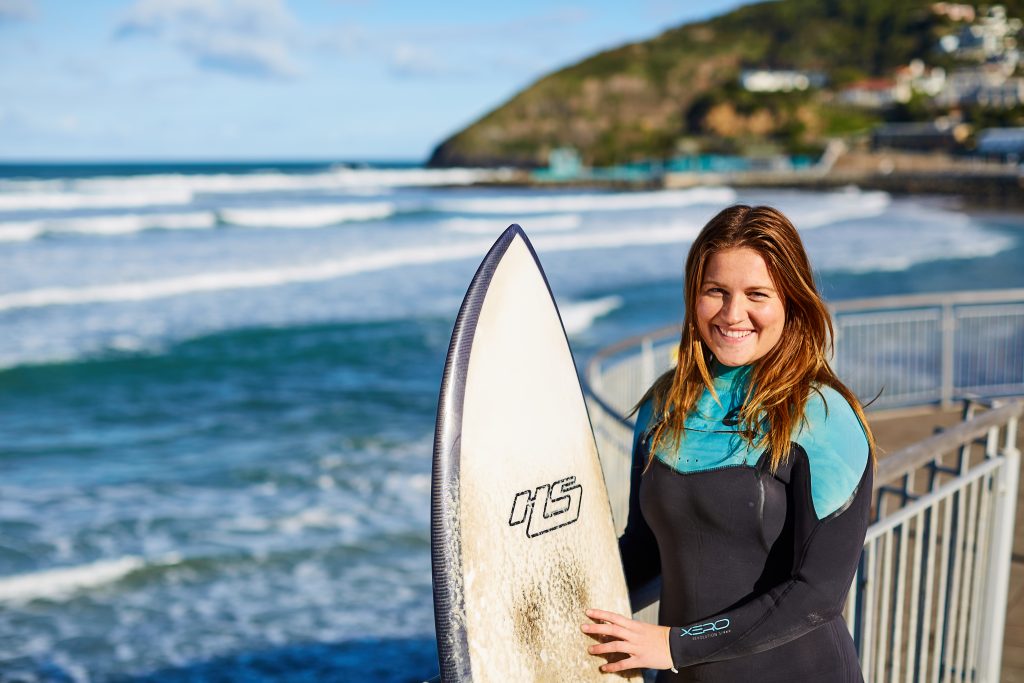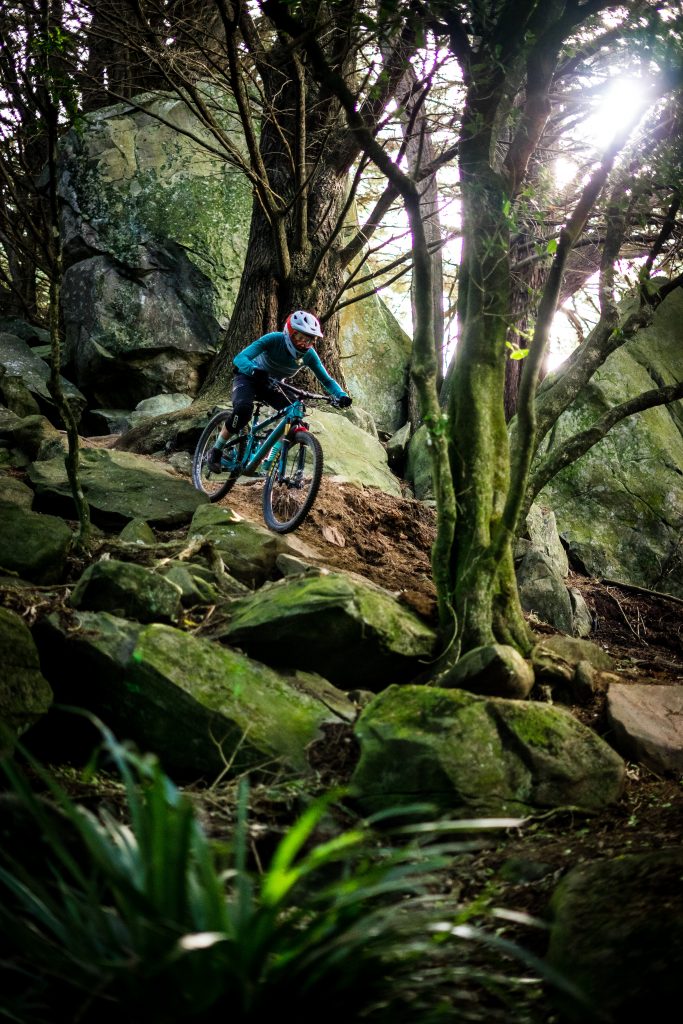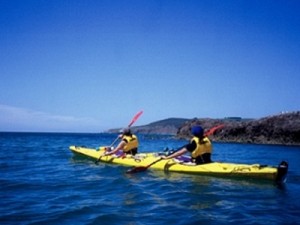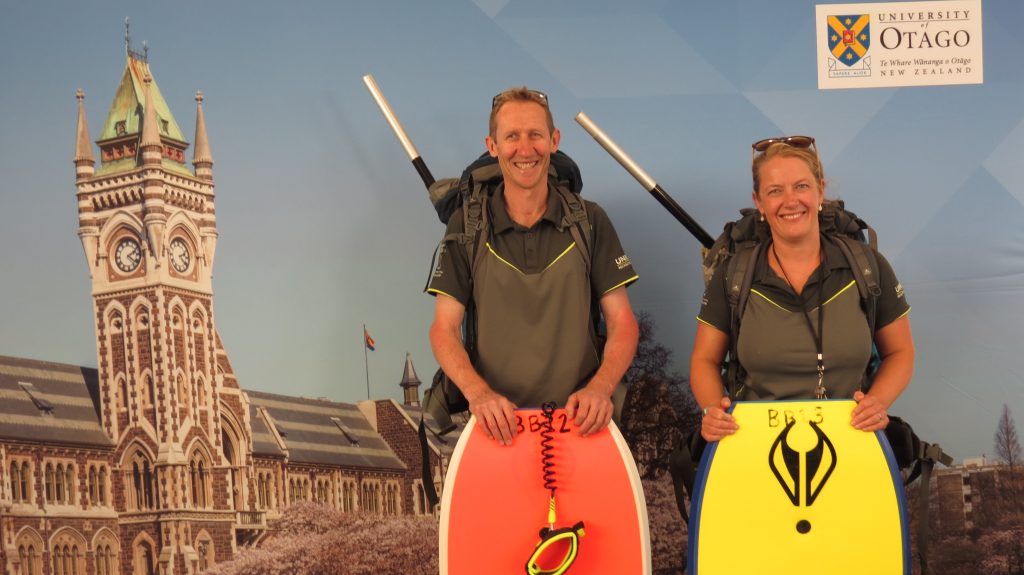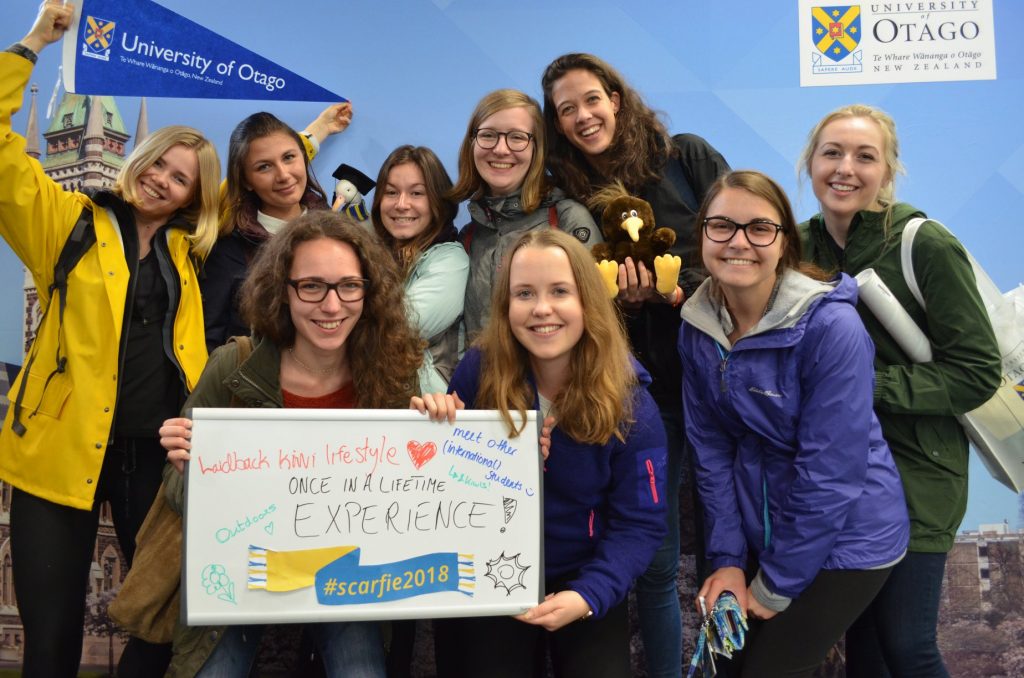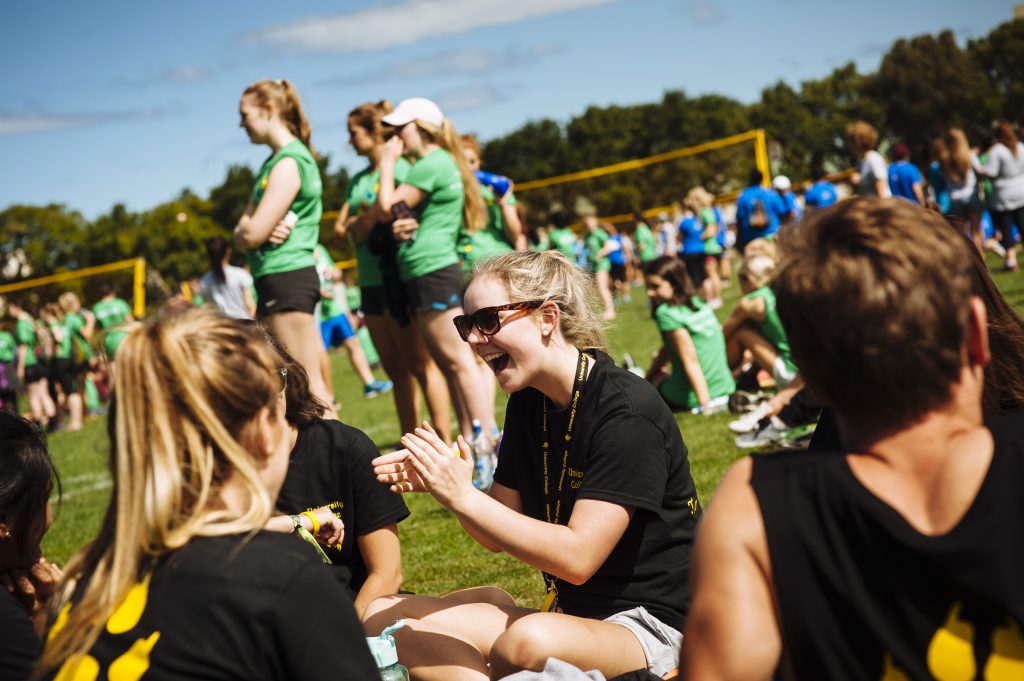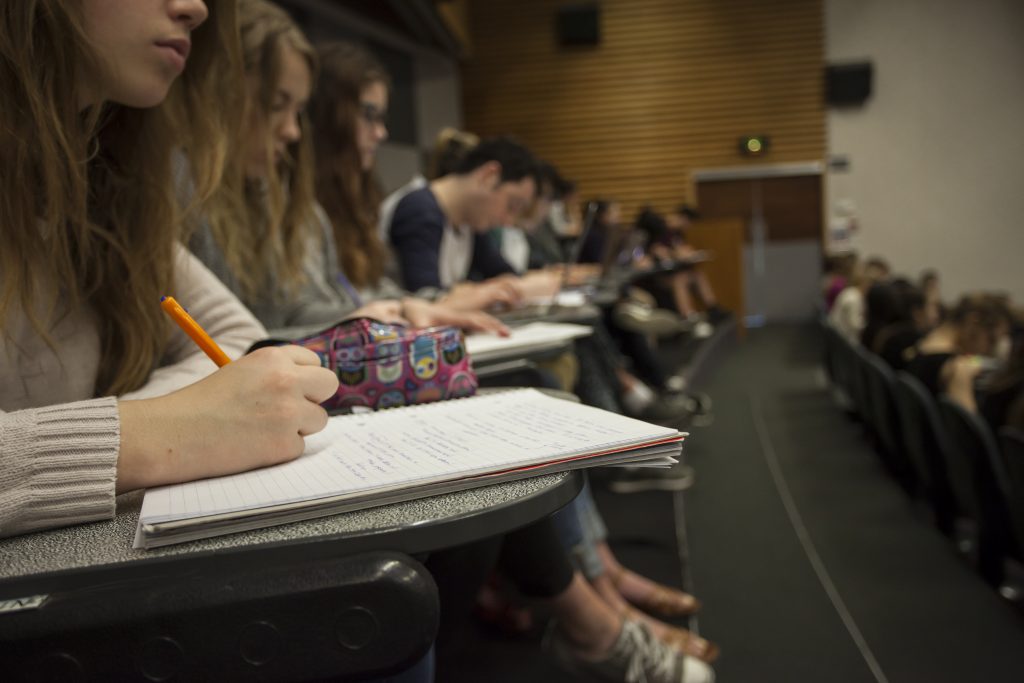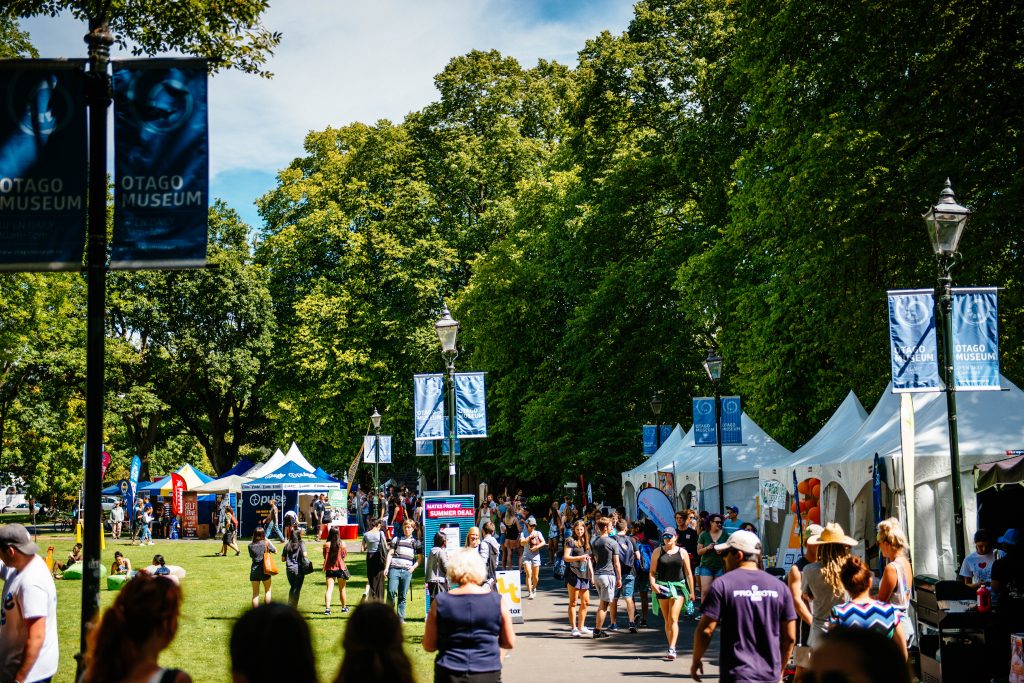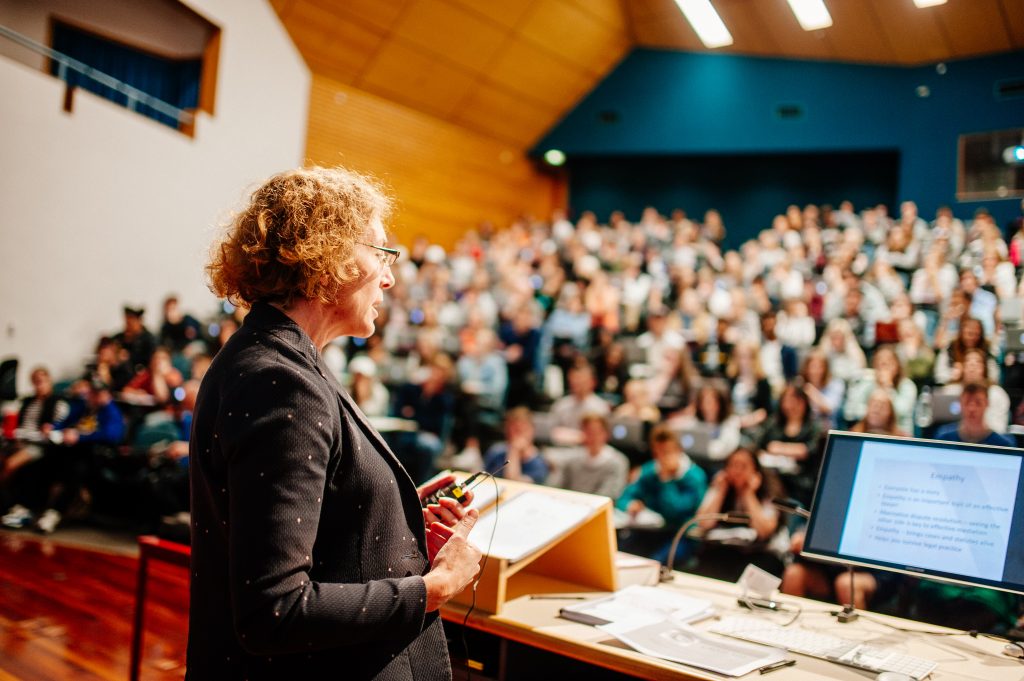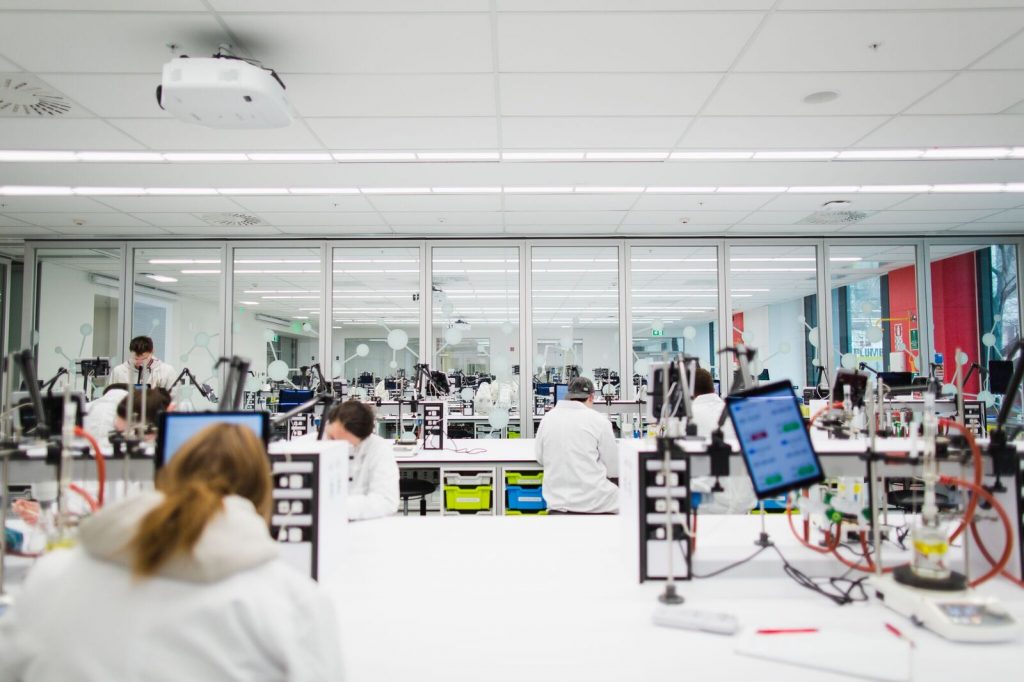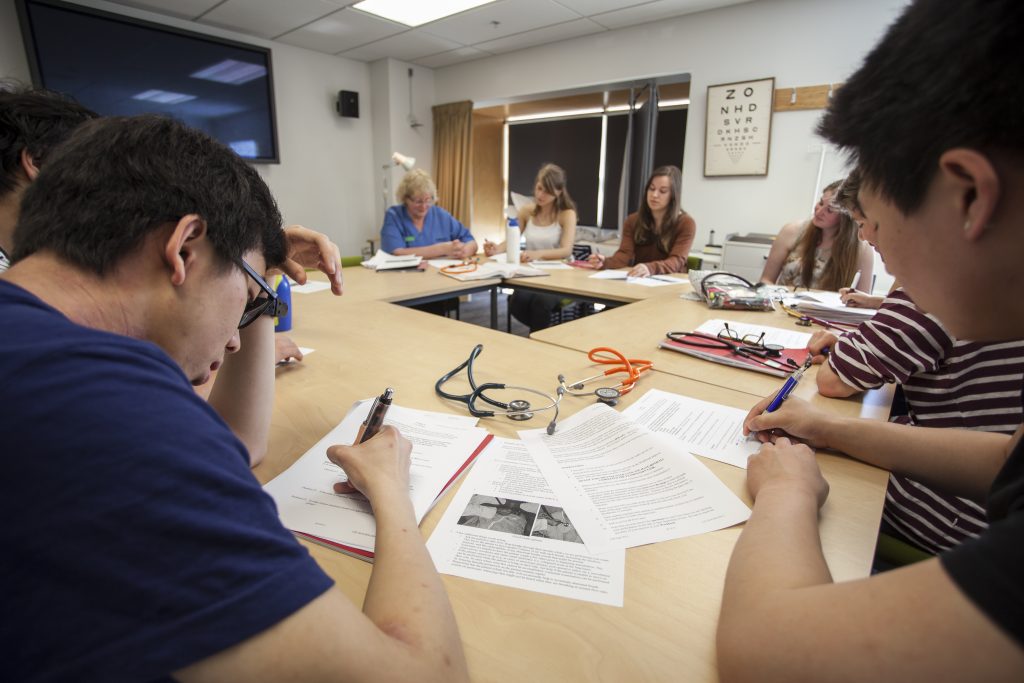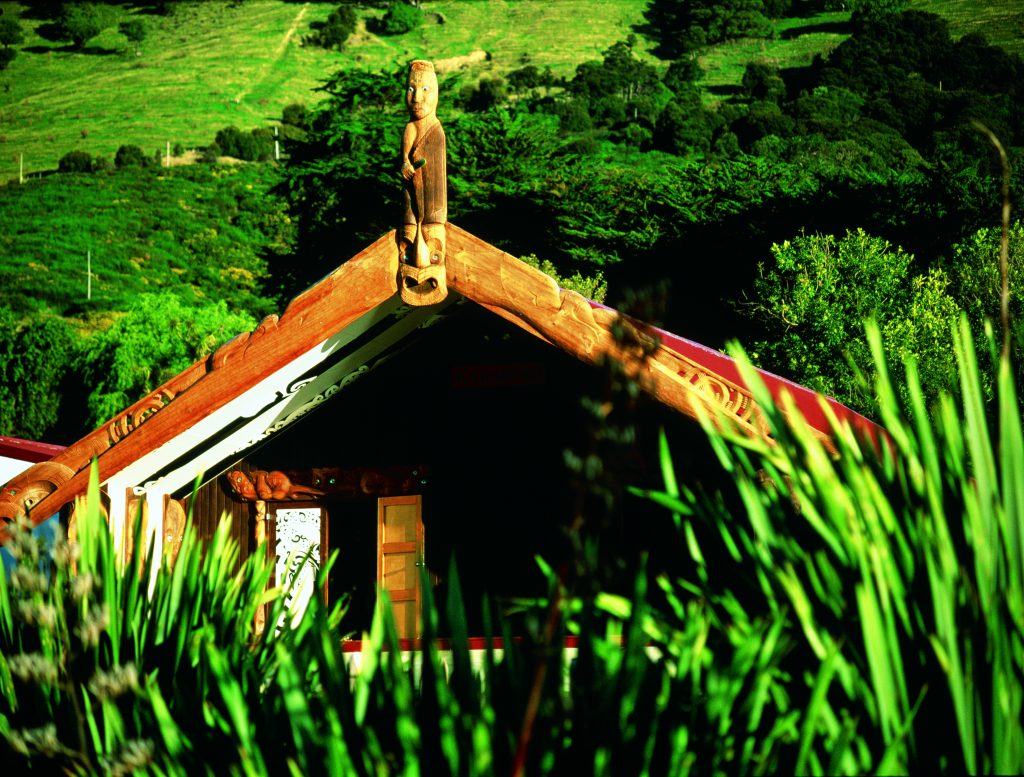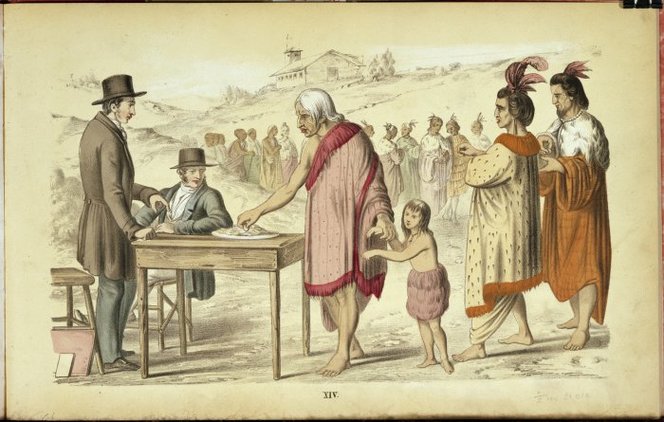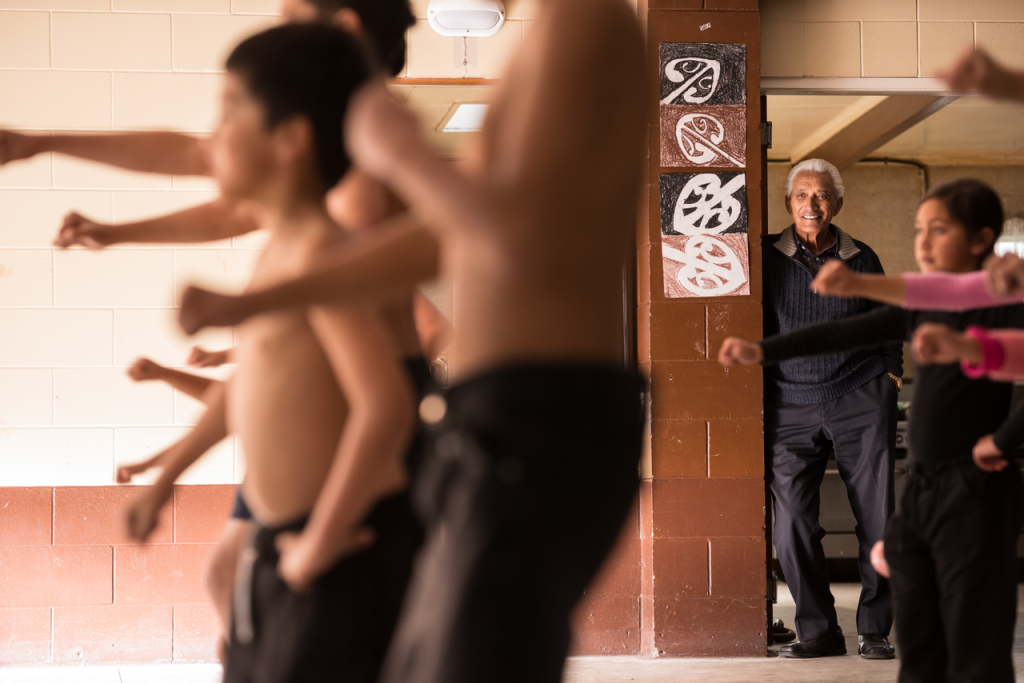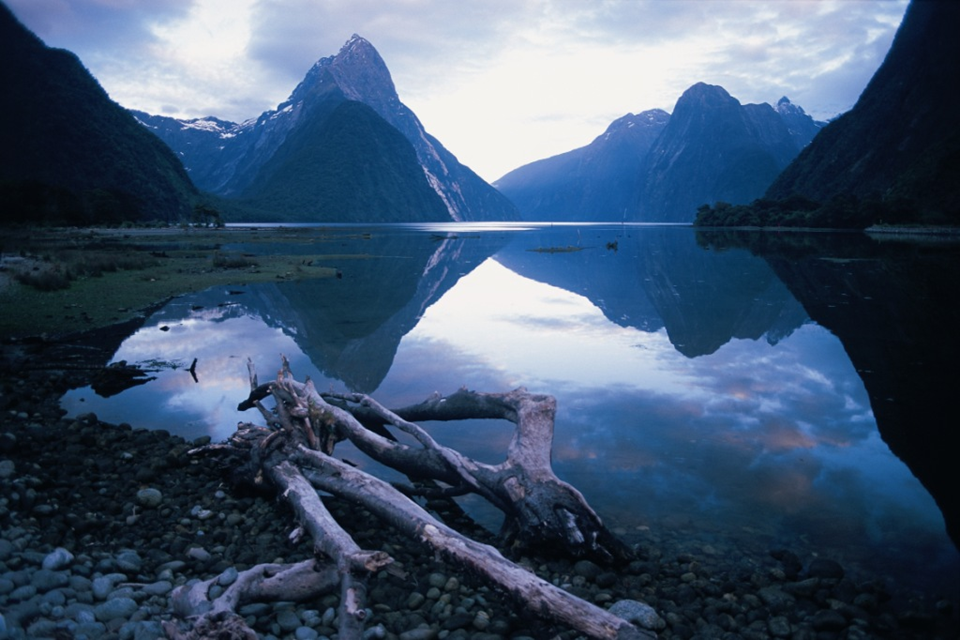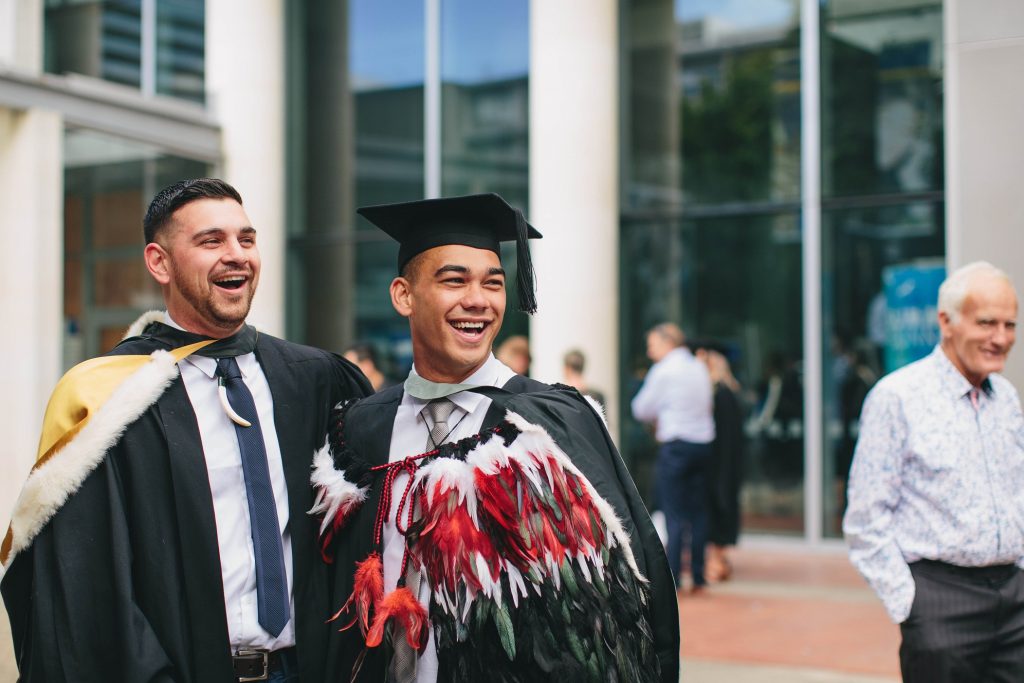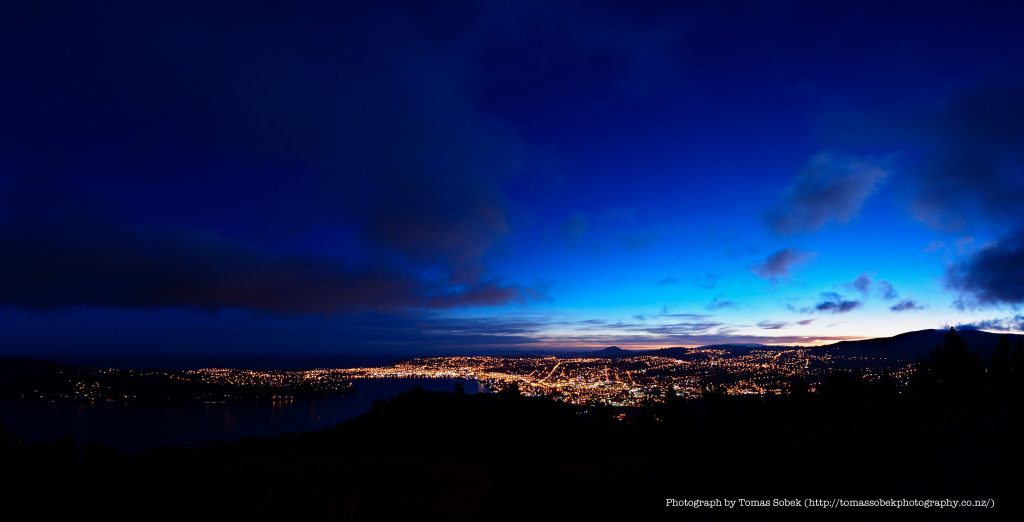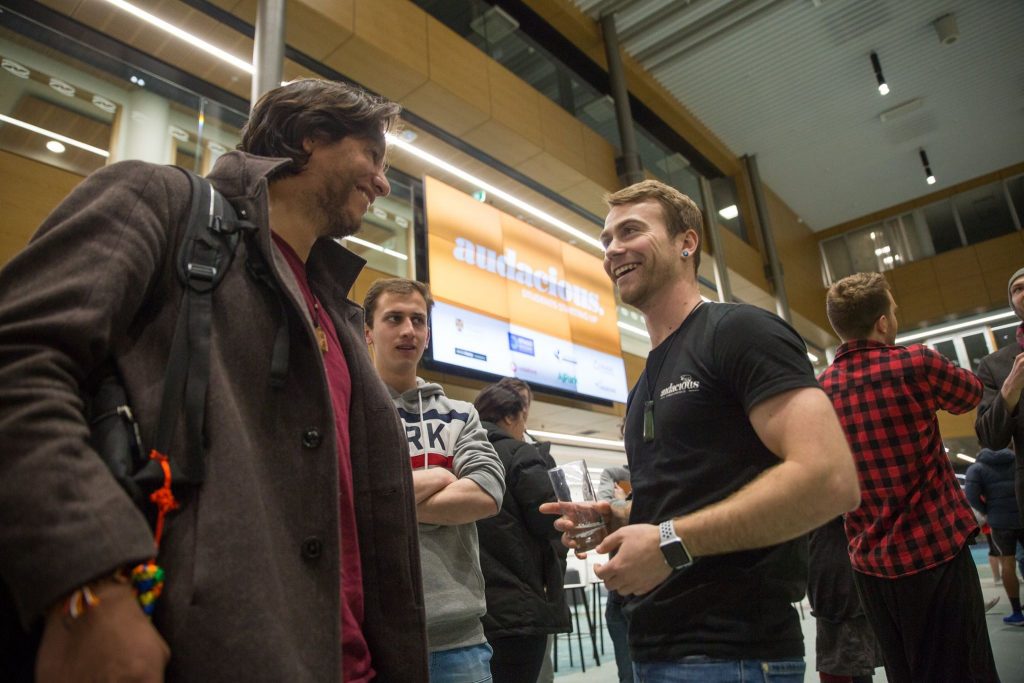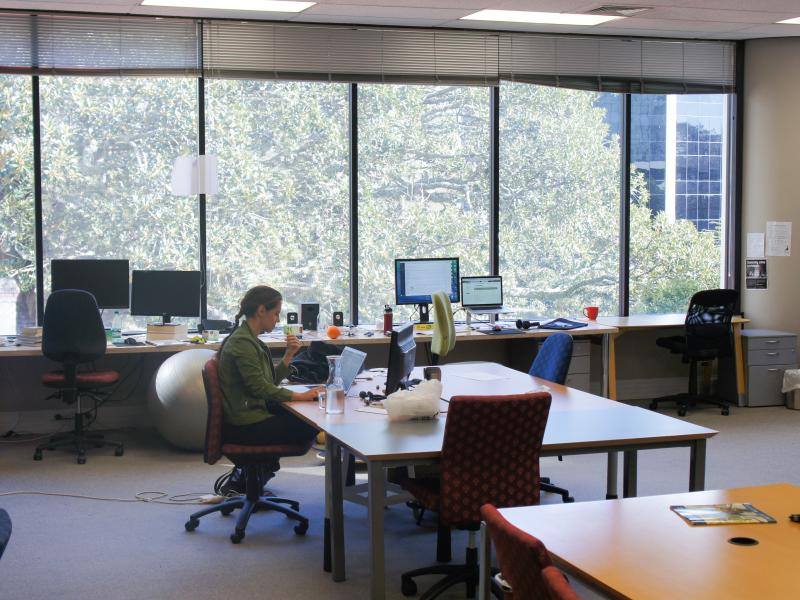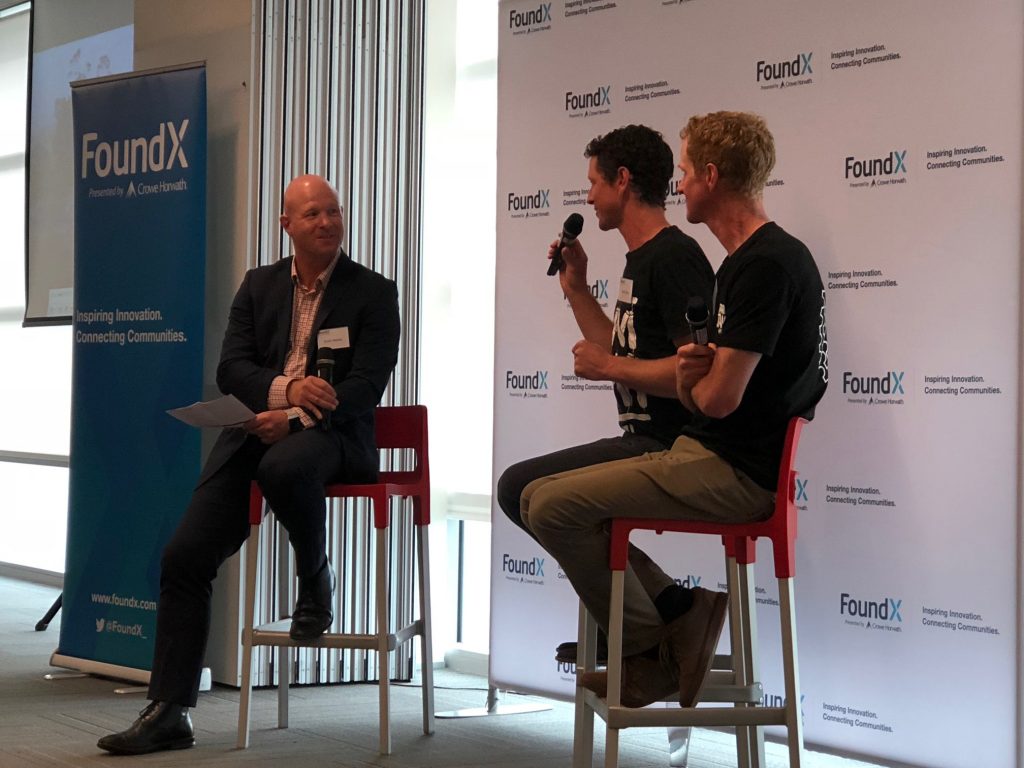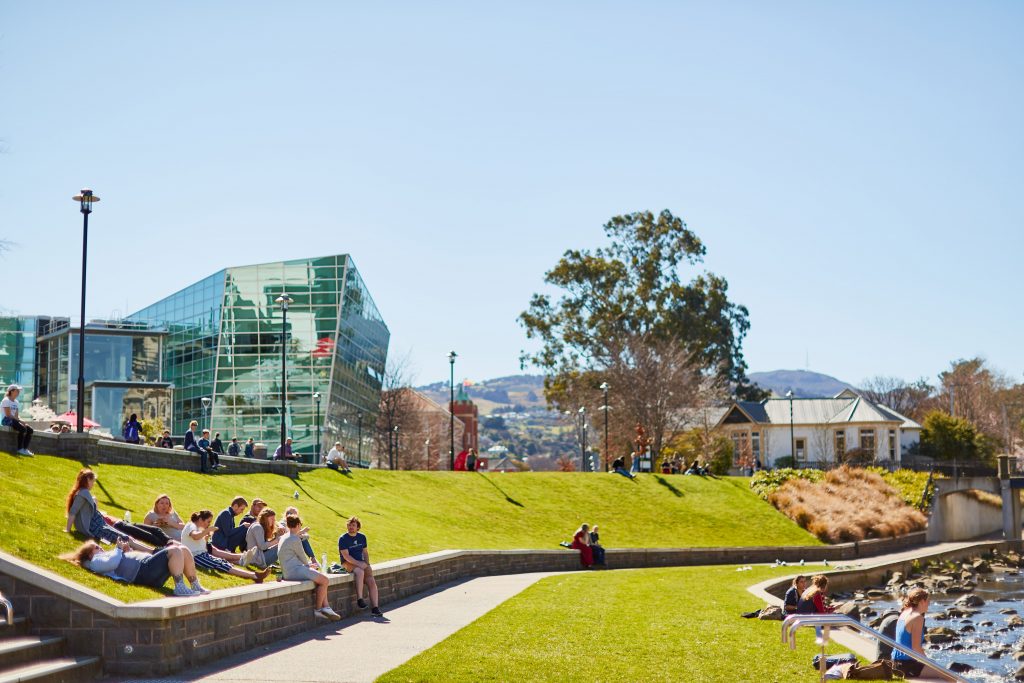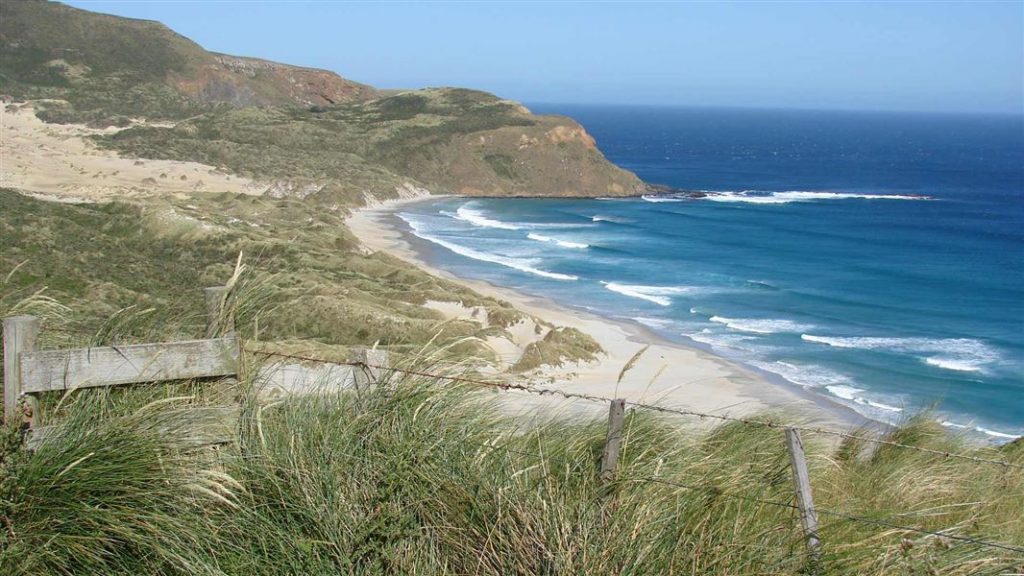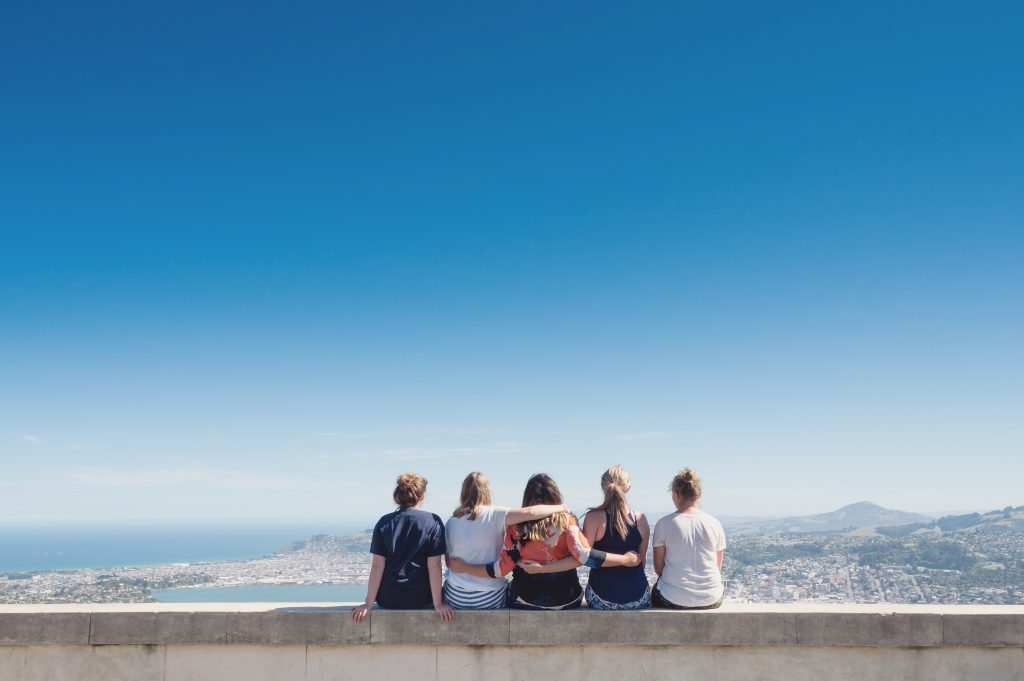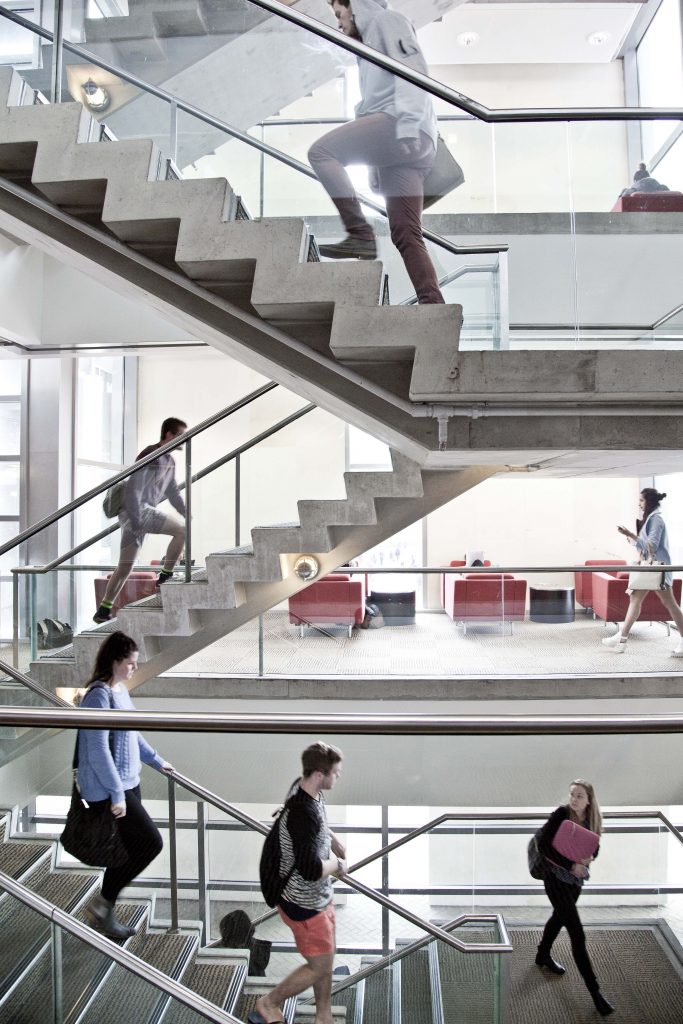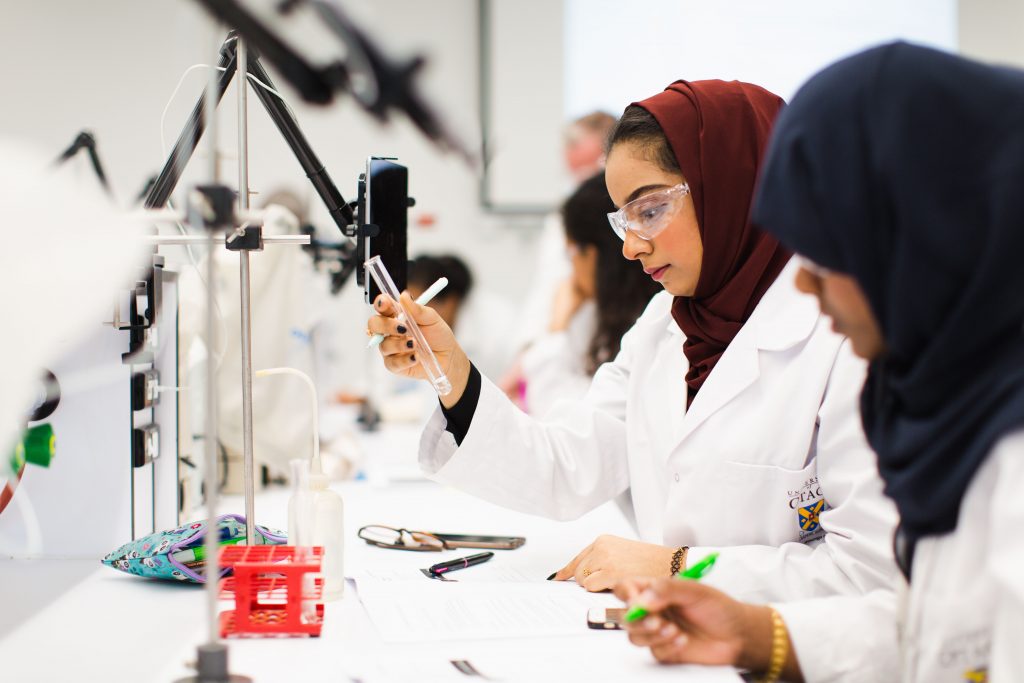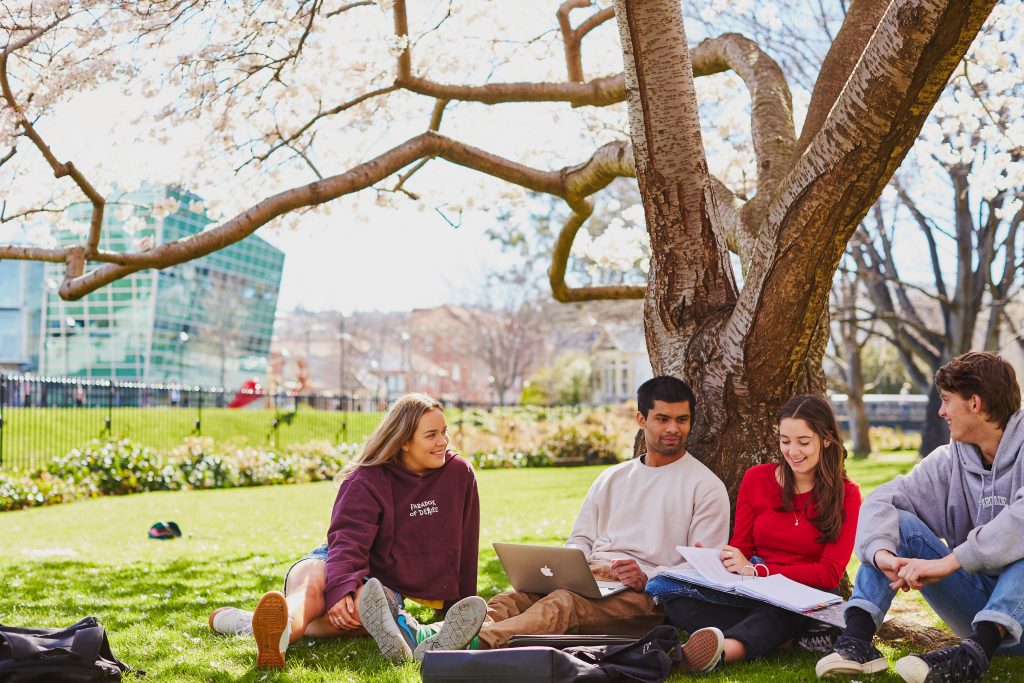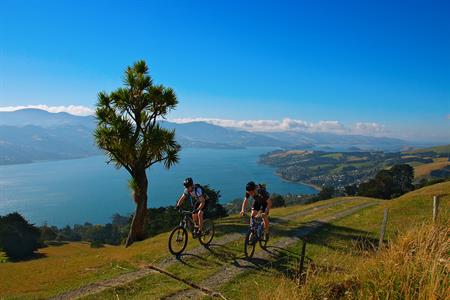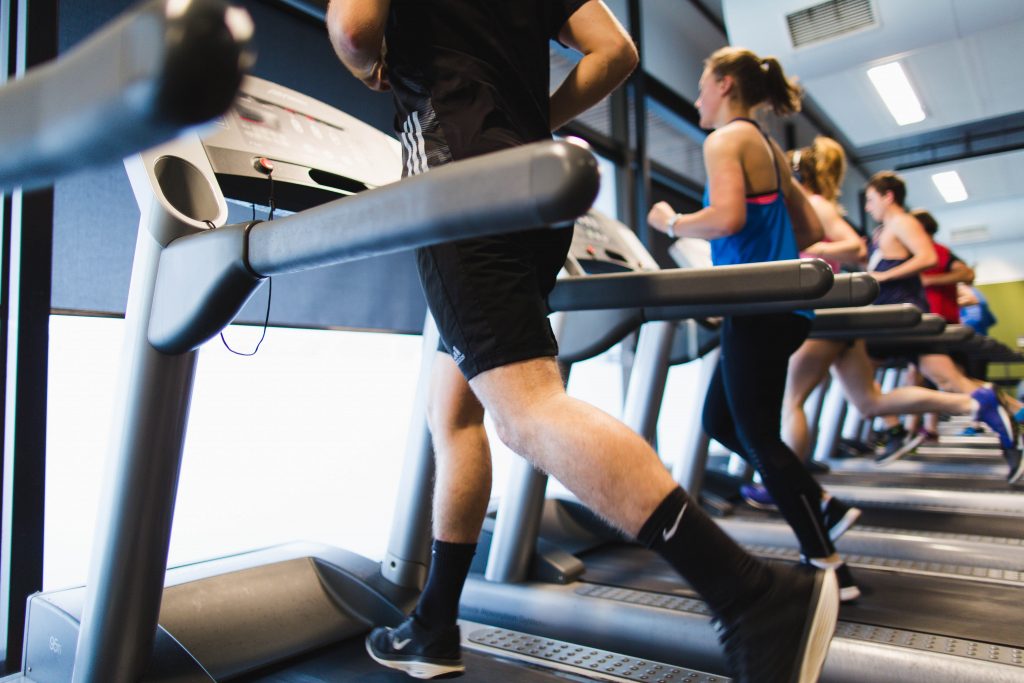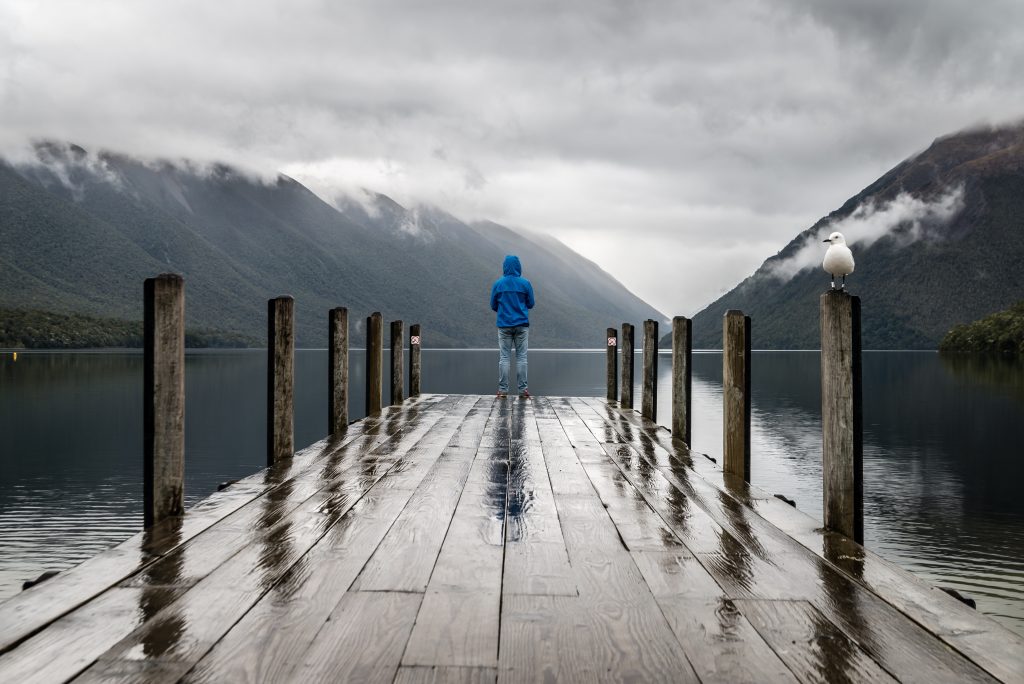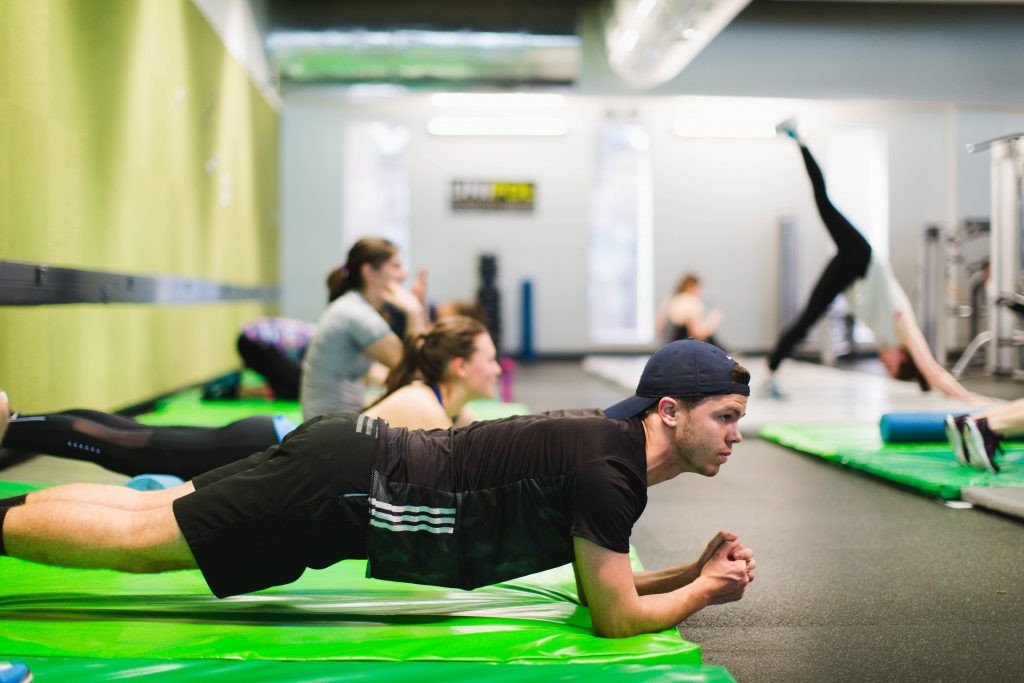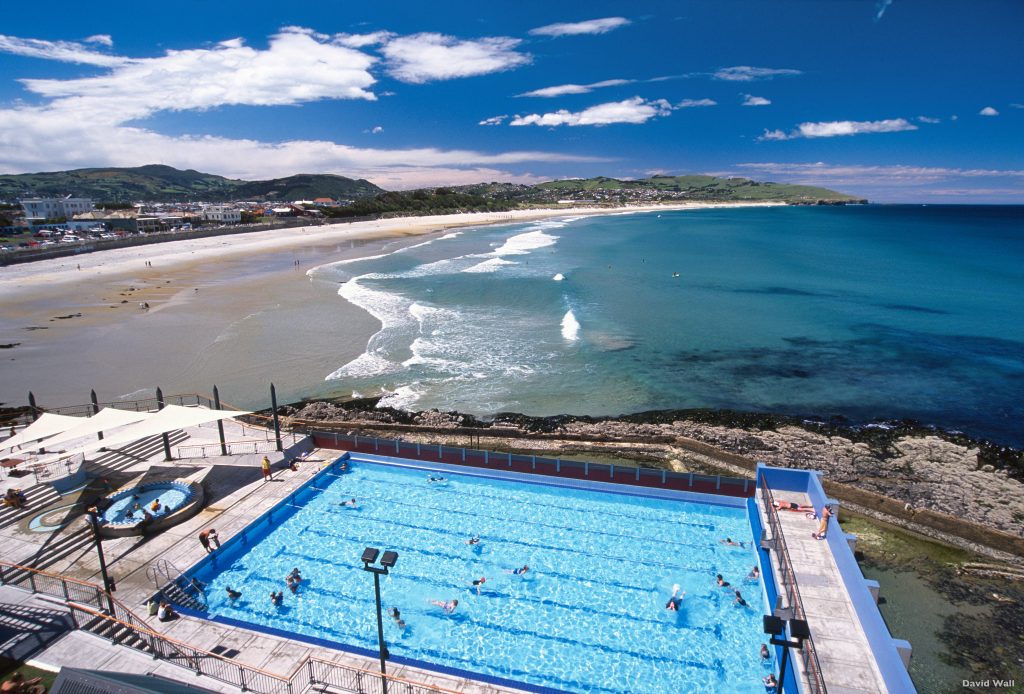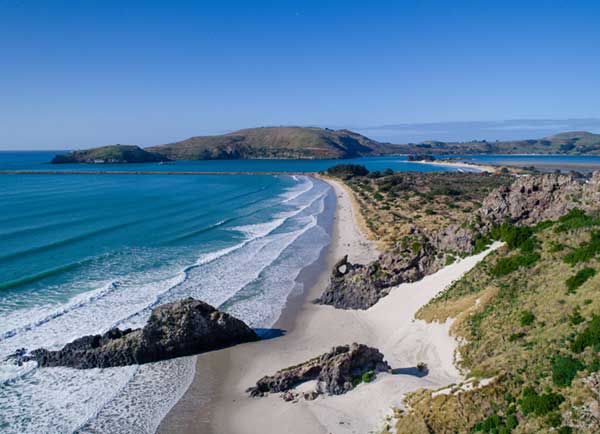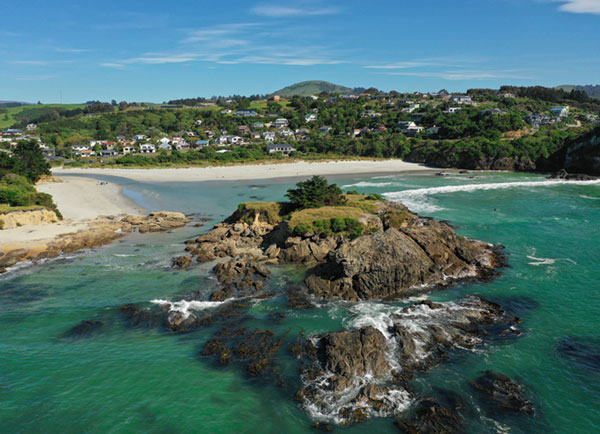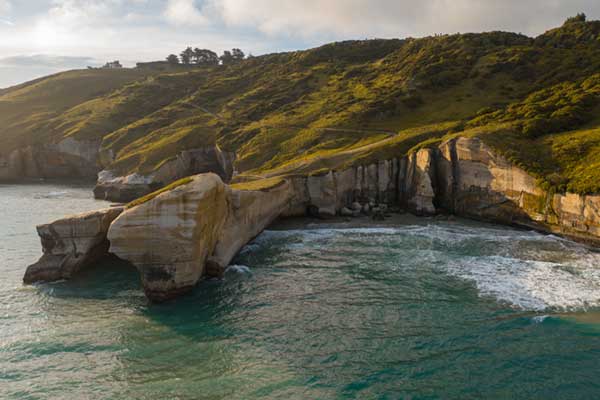Recreation at Otago = Unipol.
If you’re new to the University of Otago you will hear people talking about Unipol. No, it’s not some undercover university police operation……Unipol is a very weird name…..it is an amalgamation of the university and the polytechnic and it doesn’t give you any idea of what it is all about….. but let’s not worry about the name, I don’t think it will be changing anytime soon, let’s focus on what Unipol is all about, because there is a LOT to talk about!
What is Unipol?
Unipol is the University of Otago’s recreation centre. And it is some centre. Unipol Recreation Services offers a huge choice of recreational activities, including cardio and weights, sports halls, group fitness, outdoor rental, social sport and outdoor adventures. Unipol is all about balancing your studies and keeping a smile on your face.
Prior to 2011, Unipol was housed in an awesome old art-deco building just a 5-minute walk from campus, but the demand for a bigger, and more up to date facility saw the creation of this amazing building, which is also home to the UOLCFY (University of Otago Language Centre and Foundation Year) and right next to New Zealand’s only covered stadium – Forsyth Barr Stadium. Our stadium raises the roof by hosting international sporting events, including our famous All Blacks, and a range of world class entertainment, including Pink, Kendrik Lamar, Elton John (who loved it so much here he’s coming back on his final tour) and Ed Sheeran.
Who can use Unipol?
Entry into the Unipol Recreation Services is free for University of Otago and Otago Polytechnic students with presentation of their ID card.
It is also available for use by University of Otago and Otago Polytechnic staff and their whānau and friends.
University approved recreation providers
Get in touch with your inner explorer, venture beyond campus and experience the natural beauty that Dunedin has to offer with a variety of outdoor adventures from local University approved recreation providers. Be sure to use your valid student ID card to get special student discounts!
Surfing
This mobile surf school based at The Esplanade, St Clair Beach, offer learn to surf sessions for beginners through to advanced lessons for those wanting to extend their local knowledge. Your wave is waiting!
Walks
A variety of walking excursions around Dunedin, the peninsula and surrounding coast lines. You will come across plenty of wildlife so bring your camera!
Mountain biking
Love mountain biking? From sandy beaches to native forests Dunedin, and it’s surrounding area, have some amazing tracks to be explored.
Windsurfing/SUP
Experience the exhilaration and fun of windsurfing and/or stand up paddle boarding (SUP) on the beautiful Otago Harbour. It’s sure to blow your hair back!
Ice hockey
Learn to play ice hockey, focusing on skating, puck handling, passing and shooting while having loads of fun.
Sea kayaking
Picture yourself in a sea kayak cruising amongst Otago’s coastal wildlife while paddling around the beautiful Otago Peninsula. Get ready to see the unexpected.
Rock climbing
Take a break from your study with a rock climbing adventure. Choose between an introduction course or advance your skills with some lead climbing!
Unipol staff – they’re a good bunch
This is Dan and Liz, two of the team that take care of all things Unipol and they are good sorts – they are pretty funny, smile a lot and enjoy life. It’s probably because they follow their own advice and know how good exercise makes you feel, and I’m guessing they do a fair bit of it. So take their advice, go into Unipol and see what you can find to put a smile on your dial.
Thanks to the Unipol website for providing a lot of the information contained in this blog.
Nicky Richardson is an International Marketing Coordinator at the University of Otago. With degrees in music and marketing, she is a recent graduate of Otago herself – she loves Otago so much she ended up getting a job here!
Orientation at Otago – a snapshot!
Whether you are a new or returning student one thing you all have in common is the chance to be involved in the celebrations, events and information sessions that make up the University of Otago Orientation Week! From attending the Convocation Ceremony – the official and formal welcome to all first year students, to making the most of the star-studded line up of performances, there are plenty of opportunities for you to immerse yourself into the Otago culture and surroundings and along the way meet some like minded people.
Student Village and Tent City
This year we are running a Student Village on campus alongside Tent City in the Museum Reserve from Monday the 17th February through until Wednesday the 19th.
Find out about all the services, support and other opportunities offered by the University including:
- Campus Watch
- Career Development Centre
- Chaplains
- Disability Information and Support
- International Office
- Locals Programme
- Māori Centre
- OUSA Student Support Centre
- Pacific Islands Centre
- Student Health
- Student Learning Development
- Te Where Tāwharau
- Unipol and Recreation Services
- Social Impact Studio – change you, change your world
Staff from StudyLink will also be in attendance.
University Collegiate Sports Day
During orientation week first-year students from residential colleges, Uni Flats, and the Locals programme meet en masse in a collegiate sports day, complete with chants, flags and uniform t-shirts, to participate in a fun-filled afternoon of social sport.
This is the chance to cement newly formed friendships and get involved in some healthy competition. Sports include touch, netball, soccer and volleyball.
Need some tips on how to succeed at Otago?
Along with course advice available throughout the week, there are also other information sessions aimed at helping you understand what university academic standards and expectations are, and how you can succeed! Including sessions on how to transition into university successfully, points for international students on how to succeed academically at Otago, and if you are an international student don’t miss our official welcome and lunch, on Wednesday the 19th February, the food and the kapa-haka performance are always a hit! Plus we are always on the look out for student stories and if you’re interested in sharing your story, being an ambassador for Otago, or featuring on the cover of one of our international publications, come and see the International Office booth at the expo and talk to us!
OUSA Clubs Day
OUSA has a crazy amount of opportunites for you to try something new, meet new people or perhaps get together with students who have also come here to study from your home country. With over 160 affiliated clubs and societies on campus you really can’t complain about a lack of options. Head to Clubs Day on Thursday 20th February to find your fit!
Looking to be entertained?
If you’re looking for pure adrenaline, big crowds and fun, there are a variety of events to choose from, including performances from big name DJ’s and bands (the image above was taken at last year’s orientation) at the Forsyth Barr Stadium, NZ’s only covered stadium, and just a 5 minute walk from campus. And as the picture below shows you, yes, the famous Toga Party still lives on. And if you’re a lover of food, don’t miss the International Food Festival on Saturday the 22nd of February, a huge array of delectable delights from around the world are on offer for you to try.
So, what’s our advice to you? Get involved, try something new, literally be like a sponge and soak it all up. There are so many choices for recreation, new experiences, study advice and general help available to you, and we like to think we are a friendly bunch of people so always ask if you’re unsure! Enjoy this special time in your life, as the text in the photo at the top of the blog says it’s a “once in a lifetime experience.”
Nicky Richardson is an International Marketing Coordinator at the University of Otago.
How will I learn at Otago?
If you are a new student to the University of Otago you will no doubt have a lot of questions……..and sometimes asking questions is challenging…..so, we are going to try to explain a few things here on our blog, like how do you learn at Otago? It might seem like a silly question, but trust us, no question is ever silly, and we have received a multitude of feedback from international students that suggests our teaching and learning style is different to other parts of the world. So, how will you learn here?
The Lecture
This will be your main source of information and knowledge for the majority of your studies. A lecturer, or a group of lecturers are assigned to teach each of the papers you are enrolled in. Lectures are held in specially designed rooms and last for 50 minutes – and the information is presented to you (as pictured) with verbal commentary following power point slides, printed material may be handed to you in class, including selected readings. Sometimes it may be tempting to miss a lecture, or two……(it is a beautiful sunny day and you’d rather be at the beach) but we urge you to not make this a habit – you’ve paid a lot of money to get this education, so be smart and take all the opportunities you can, including turning up to lectures.
The Lab
If you are studying towards a science or health science qualification, on top of lectures you will get used to spending a lot of your study time in laboratories, like the newly completed Mellor Laboratories pictured here. Here you will get the world renowned ‘hands on’ and practical learning style that we are so well known for here. This isn’t just sitting back and taking information in, this is you doing it all by yourself (with the guidance of a staff member of course!)
The tutorial
The tutorial is again something that we are really well known for – it’s a chance for more opportunity to really interact with staff and your fellow students. Tutorials, as opposed to lectures which can comprise of hundreds of students, are kept down to a smaller scale of approximately 10 students to one staff member. This gives you the chance to get one-on-one assistance, and the tutorial is also used as a way to help figure out the best way to go about an assignment, or to put you into teams to work on your skills working with others.
Self directed study
Another fact you may not know about studying at the University of Otago is that our academics believe you need to be self motivated in order to succeed. They can encourage, inspire and help, but ultimately you have to do the work. Making sure that you plan time to do the readings and to get onto the assignments ahead of the due date. Our tip? Buy a wall calendar/planner to outline all of your lectures/tutorials/labs and assignment deadline dates, it will really make life easier. It might sound a little dull, and something your parents might say, but we really do want these university years to be some of the best years of your life, so taking a little time to map things out will definitely help.
Nicky Richardson is an International Marketing Coordinator at the University of Otago. With degrees in music and marketing, she is a recent graduate of Otago herself – she loves Otago so much she ended up getting a job here!
Waitangi Day – a very brief history……
Since 1947, February the 6th has been known as ‘Waitangi Day’ a nationally recognised holiday in New Zealand – a day for relaxing, enjoying the warm summer sun, and a day off work for some. But what is this public holiday all about? What is Waitangi Day, and what is the history? Today’s blog gives a very, VERY brief and layman’s outline of the background to the Treaty of Waitangi and the subsequent years since it was signed. Many thanks to Mark Brunton from the Office of Māori Development for providing the background to this blog by way of professional development courses held at the University of Otago.
Maori – the indigenous people of New Zealand
Captain James Cook, the man attributed to discovering New Zealand in 1769 was not in fact the first person to discover New Zealand at all. Maori are the indigenous people of our land, who had their own functioning society and structures prior to European arrival, but for how long Maori people had been living and thriving in New Zealand is a matter of debate – current understanding is that the first arrivals came from East Polynesia in the late 13th century. It was not until 1642 that Europeans became aware the country existed, and in 1769 that Cook mapped an outline of New Zealand and word spread of the land of lush forests, seal colonies and a good location for more trading opportunities. 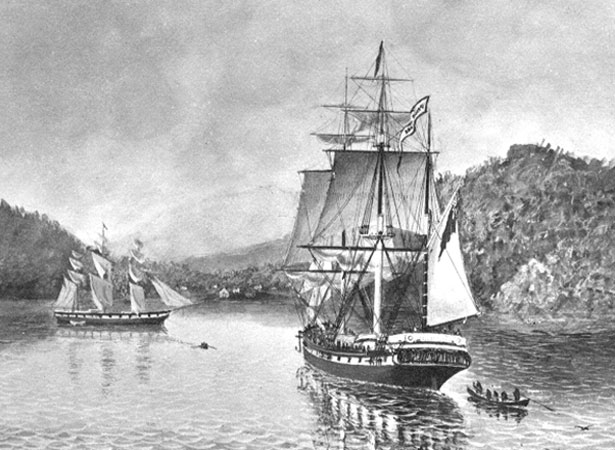
The arrival of the European settlers
Since Cook ‘discovered’ New Zealand word spread and over the next 70 years a rapid succession of European settlers descended upon New Zealand. First the Whalers and Sealers in the 1790’s – whose interaction with Maori was peaceful, where both parties developed alliances – they would trade goods, marriages between Maori and European were not uncommon and an understanding of the different cultures and languages was recognised. In the early 1800’s New Zealand was a stopover and supply base, and one where trades in muskets and war was rife. By 1838 land speculators from Britain came to acquire land which brings us to 1840, the year of the signing of the Treaty of Waitangi.
The Treaty of Waitangi
The Treaty of Waitangi was enacted in 1840 between many, not all, Maori Chiefs and agents of the Queen at Waitangi in the Bay of Islands and across NZ. There were three articles and three principles that pertained to the Treaty and they were all supposed to operate simultaneously – Partnership, Protection and Participation. There was a Maori version and an English version. The intentions behind the English version was to protect Māori interests from the encroaching British settlement, provide for British settlement and maintain a government to maintain peace and order. The Māori version – the Queen’s main promises to Māori were to: provide a government while securing tribal rangatiratanga and Māori land ownership for as long as they wished to retain it. Over the course of the next 100+ years the Treaty of Waitangi and European settlement has been the source of war, repression, anger, and almost complete loss of the Māori culture, their land and way of life.
Key Perceptions
1856 – Dr Issac Featherston (Superintendent of Wellington)
“All we can do is smooth their dying pillow then history will having nothing to reproach us for.”
1859 – Te HeuHeu (Paramount Chief)
“As the clover killed the fern, and as the European dog the Māori dog, as the Māori rat was destroyed by the Pākehā rat, so our people will gradually be supplanted by the Pākehā.”
1859 – Mr F D Fenton (Observations on the state of the Aboriginal inhabitants of New Zealand)
“Predicted that by 1928, there would only be 19,041 Māori people left; and that by 1990, not a single Māori person would surive.”
Māori Protest/Government Redress
Thousands of Maori and supporters marched on Parliament on 13 October 1975 to publicise the continued loss of Māori land. Whina Cooper led the march (hīkoi) that set off from Te Hāpua in the Far North on 14 September. The marchers’ demand was that ‘Not one more acre of Maori land’ should be alienated. The hīkoi raised public and official awareness of Māori concerns.
1975 Waitangi Tribunal established
The Treaty of Waitangi Act established the Waitangi Tribunal as an ongoing commission of inquiry to hear Māori grievances against the Crown concerning breaches of the Treaty. The legislation limited the scope of inquiry to grievances occurring after 1975, and it empowered the Tribunal to make findings of fact and recommendations only, not binding determinations.
Protesters occupied Bastion Point (Takaparawhā) in Auckland in January 1977 after the government announced a housing development on former Ngāti Whātua reserve land. The land had been gradually reduced in size by compulsory acquisition, leaving the Ngāti Whātua ki Ōrākei tribal group holding less than 1 ha. Police evicted the occupiers after 506 days. Following a Waitangi Tribunal inquiry and recommendations, much of the land was returned to or vested with Ngāti Whātua.
There were also protests from 1978 about the use of Maori land at Raglan (Whāingaroa) for a golf course. The land was originally taken during the Second World War for a military airfield. It was not needed for this purpose, but instead of being returned to its former owners, part of the land was turned into a golf course in 1969. The land was eventually returned to Tainui Awhiro people.
Credit to nzhistory.govt.nz for the above timeline and to read more significant treaty timeline events.
Where to from here?
Whilst attending University of Otago professional development courses on Māori culture and the Treaty of Waitangi on offer (free) to all staff it is clear that yes, there has been much done to redress the wrongs of the past, but there is still a long way to go.
Thanks to the tireless work of many, the University of Otago has an Office of Māori Development. Te Reo is now rightfully recognised as one of the three official languages of New Zealand. The University of Otago has a Māori Strategic Framework and the number of Māori students at Otago is continually increasing due to the support both academically and personally that we have to offer. However you choose to spend your ‘Waitangi Day’ enjoy, and perhaps this information might just tempt you to learn a little more about the history, culture and status quo of the indigenous people of New Zealand.
Nicky Richardson is an International Marketing Coordinator at the University of Otago. With degrees in music and marketing, she is a recent graduate of Otago herself – she loves Otago so much she ended up getting a job here!
Startup Dunedin……..what’s the story?
Dunedin is gaining a reputation for many things; wildlife, culture, food, street art, education and……..entrepreneurship. We caught up with chief story-teller and Marketing Manager of Startup Dunedin, Angus Pauley about what they do, and where Otago students can get involved. He’s very passionate about Dunedin and the start up community, so it comes as no surprise to us that this energetic and enthusiastic young man is one of our very own University of Otago alumni! Take it away Angus!
How to make Dunedin thrive
Every successful startup ecosystem has certain components which help it thrive. We look at successful startup ecosystems to see what we can recreate, improve and support to give Dunedin the same level of success.
What does Startup Dunedin do?
Startup Dunedin is a non-profit organization which coordinates the growth of the Dunedin startup ecosystem. We serve Dunedin based founders by providing the connections, resources and support they need to succeed. This includes initiatives we run, and connection to the initiatives other leaders drive in our city.
Students are a key component
Students are a key part of the startups in our city. They might become founders themselves through a programme like Audacious, or work in a startup as a consultant, intern or employee. Although only some students carry on with the ventures they start at University, all of them use the opportunities and entrepreneurial learning as a springboard for their career. So, how can students get involved?
Audacious
Audacious is a programme for students who want to build the skills and confidence to make a positive impact – whether they’re planning on working in a company, starting their own business or still figuring it out.
Each cohort runs semesterly and consists of a series workshops, culminating in a pitch evening for a cash prize. All the workshops are available online so students can choose to attend as many or as few as they like before pitching with their team at the final event.
Also, students have access to Dunedin’s top business leaders who mentor and judge throughout the programme. This makes it an even more valuable experience, whether the participant wants to start their own startup, or move into employment.
The Distiller
The Distiller is Startup Dunedin’s early stage startup coworking space. It is located on campus next to the executive residence and overlooks the Leith river.
The Distiller provides desk space to early stage startups as well as all amenities including wi-fi and most importantly, coffee. Residents are encouraged to share their experiences as well as the office space. Sharing the good and bad means founders can move past their problems faster and learn from each other’s mistakes.
FoundX
FoundX is Dunedin’s premier startup event. Investors, founders, business professionals, students and local government come together to listen to a fireside-style chat and hear pitches from Dunedin’s emerging startups. The event livestream has an international audience and the evening provides a great networking opportunity with the local business community.
Startup Weekend
Startup Weekends are 54-hour long events where a range of people, including developers, designers, marketers, students, startup enthusiasts, come together to share ideas, build products and launch startups. Teams go from an idea scrawled on a napkin to a working prototype and even paying customers, all within a single weekend. Whether you’re looking for a taste of entrepreneurship, professional development, to join a team long term, or just have some fun – Startup Weekend has something for everyone.
Thanks for explaining to us Angus what Startup Dunedin is all about – we may be a small city size wise in Dunedin, but we are mighty, and there is plenty of fresh thinking and creativity going on behind the scenes. As our local council advertise ‘Dunedin is NZ’s best kept secret.’
Nicky Richardson is an International Marketing Coordinator at the University of Otago. With degrees in music and marketing, she is a recent graduate of Otago herself – she loves Otago so much she ended up getting a job here!
Our University of Otago staff are nothing short of inspiring…..
When it comes to marketing the University of Otago both internationally and domestically, there are a group of individuals that make our job really easy – the academic staff. We have an exceptionally talented and hard working body of academics that are passionate about their research, education and encouraging students to ask questions, think for themselves and ultimately, hopefully contribute to making the world a better place. As part of our blog series, we are regularly going to sit down with one of our academics and ask 5 questions, so today we’re catching up with Dr Anna High, from the Law Faculty, Anna currently teaches Evidence Law and Criminal Law.
Research Expertise
What is your area of research expertise, and what is it about your particular area that motivates you?
“I have a number of research interests, but my current focus is Chinese Law. My DPhil (equivalent to our PhD) focused on the negotiated existence of unregistered orphanages and child welfare NGO’s (Non-Governmental Organisations) in China, and their interactions, as quasi-legal organisations with state actors. I’m in the final stages of preparing a book on this topic, based on my DPhil fieldwork and updated data gathered in 2017.”
How did you find your passion?
“I studied Mandarin from primary school right through to University in Australia. Being a Chinese speaker opened a lot of doors when I was at university, including great clerkship opportunities in Hong Kong, Shanghai and Beijing. By the time I was choosing my DPhil topic, I knew I wanted to study the nature and role of law in Chinese culture. The topic I chose to focus on – Chinese child welfare law – also intersects with my interest in how the law protects vulnerable populations.”
How did you end up in Dunedin?
“I’m originally from Horsham, Victoria, and attended university at the University of Queensland. My journey to Dunedin has taken me almost right around the globe – from UQ to University of Oxford, to complete the BCL, MPhil and DPhil in law as the Queensland Rhodes Scholar ’08; to the US, where I first taught at Marquette University Law School, and then at Loyola University Chicago School of Law; then finally to Dunedin. Our family felt the time was right to return down-under, and we were excited for a sea-change in a beautiful part of the world with a world-class university.”
Favourite place in Dunedin/secret insiders tip?
“My family loves Sandfly Bay, early in the morning when you get the beach to yourself. The hike from Sandy Mount down to the Bay is amazing, especially when the flowers are out, although really hard work getting back up the dunes.”
Favourite place in the world to travel to?
“Being married to an American, and having studied in China and Europe, I’ve been on some amazing holidays around the world. Places that stick out: Grand Teton National Park, Umbria, the Black Forest and Shanghai.”
What advice you would give your 20 year old self?
“Take your time figuring out what you want to be, where to go, what to study, where to travel. There’s no need to rush into a major or try to set your life’s trajectory in stone when you’re so young.”
Thanks for your time Anna, we think you’re a star, and we are lucky to have your knowledge, passion and expertise here at Otago! If you would like to find out more about studying at the University of Otago, click on the link below.
Nicky Richardson is an International Marketing Coordinator at the University of Otago. With degrees in music and marketing, she is a recent graduate of Otago herself – she loves Otago so much she ended up getting a job here!
Just because we can, does it mean we should?
In today’s world, more than ever before we require people who are trained in an interdisciplinary nature so that they can ask the hard questions like the title of this blog; “just because we can, does it mean we should?” This kind of dilemma is one that people will increasingly face as science and technology continually allow us to achieve what was once deemed impossible. The University of Otago has taken this into consideration and developed an interdisciplinary degree called the Bachelor of Arts and Science (BASc) and we’re going to take a closer look at it in today’s blog post.
Humanities or Science?
Traditionally universities around the world have encouraged students to specialise in either science or the humanities. There just hasn’t been an option of being able to do both and quite frankly it is extremely limiting to those students who can do both. Thankfully, Otago has always been very flexible when it comes to degree structure and students have long been able to include some humanities papers in their science degrees, and science papers in their arts degree. They have also been able to do a double degree which would usually take five years, but now students at Otago have another option that mixes both disciplines with the BASc – it allows you to have a science or an applied science major and an arts major but it only takes four years.
Subject options
We have a reputation here at Otago of being very flexible when it comes to course choices and degree structure and if you’re looking for a degree that offers a multitude of subject options then the BASc is definitely the one for you – there are about 1500 possible combinations of major subjects available so you really don’t just have to fit into one box with this degree!
Well rounded individuals
One of the reasons the University of Otago has developed this degree is to give employers more of what they want – well rounded individuals who are not only educated in their chosen field, but as mentioned in the introductory paragraph individuals who can see the world from different views or paradigms. Artificial intelligence, genetic manipulation, areas of study that are become increasingly advanced and potentially useful, but areas that are not without risk. The world needs people that can understand the science of an issue but who are also aware of our very human nature and what we have learnt from our past experiences and mistakes.
Follow your passions
Whilst some degrees and programmes will ultimately place you directly into a job in a chosen field sometimes the best way to find your chosen career path is to follow your passions. The BASc will allow you to do this, and as Associate Professor Lisa Ellis, Philosophy Lecturer and Bachelor of Arts and Science Adviser states: “You are better prepared if you follow your passions and develop yourself intellectually…..you are much more attractive to an employer.”
Nicky Richardson is an International Marketing Coordinator at the University of Otago. With degrees in music and marketing, she is a recent graduate of Otago herself – she loves Otago so much she ended up getting a job here!
Where can an Otago degree take you?
One thing that never ceases to amaze me in my job is the sense of loyalty and pride that the University of Otago imparts on alumni. International students who have studied at Otago and have integrated into the culture and immersed themselves in all the opportunities have an incredible passion for this university at the bottom of the world. A passion that continues long after they have left us.
An email sent to our department was forwarded my way last week from a student who graduated with a BSc (Bachelor of Science) in Chemistry in 2012. From my first glance it was clear that this student wanted to share her story, so I got in touch with Nicole Bravo Castro (nee Wurster) to find out what she had to say about her experiences at Otago.
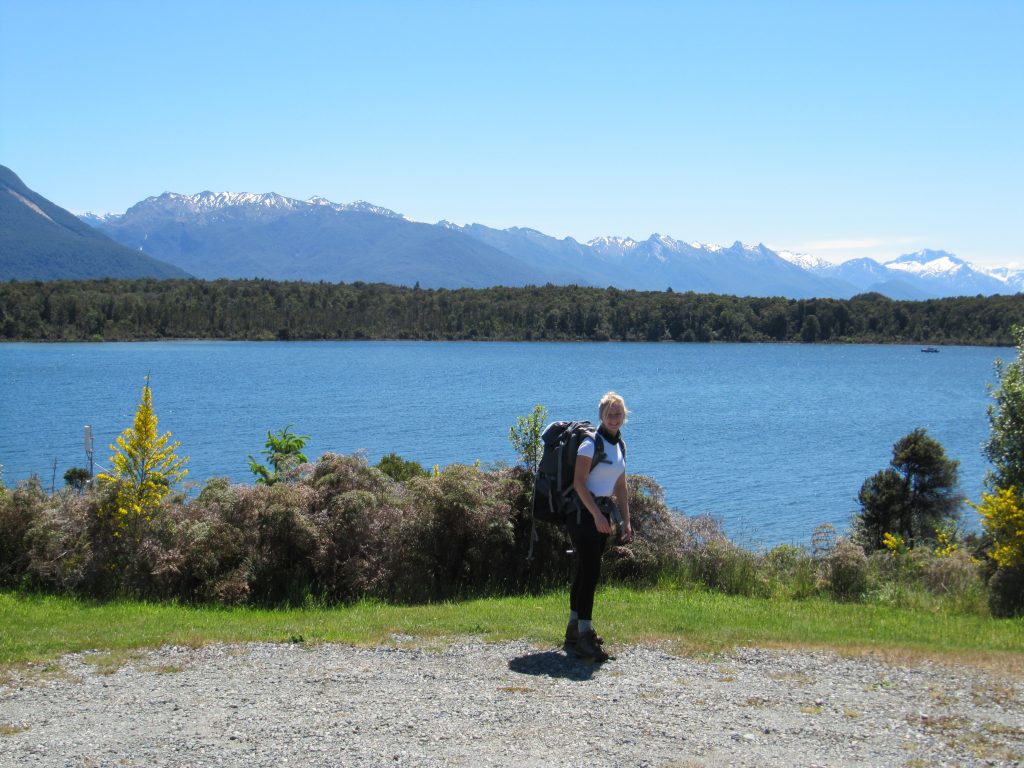
Nicole exploring the spectacular South Island during her time spent here studying for her undergraduate degree.
Plans change
Nicole Wurster (pictured above) had travelled to NZ from her home in Germany as a high school exchange student. She never had any intention of staying beyond that time, but plans do change….
“I felt inspired by everyone applying for university and was immediately drawn to the University of Otago – having been to Dunedin previously on a summer vacation I guess I had already fallen in love with New Zealand’s southern beauty. Back then, I remember strolling around campus and dreaming about studying at Otago. I decided to stay for the duration of my entire undergraduate degree.”
Why Otago?
Like many other international students who choose to study here our worldwide reputation and cutting edge research is attractive. Also, another point that is often mentioned is the welcoming and warm nature of our staff and students, and Dunedin as a whole, Nicole felt immediately at home. But another reason is the flexibility of our programmes – Otago aims to turn out well rounded graduates who have a broader subject knowledge and skill set than their chosen degree may imply:
“Choosing courses at Otago is quite flexible, I could individually select and combine my courses to plan my degree step by step. I absolutely loved this option as it helped me throughout my studies to develop my strengths – the system allowed me to take a couple of non-scientific subjects in order to give me a broader general knowledge.”
How did you find the learning/teaching environment at Otago?
“I loved it and haven’t come across the same dynamics in any other tertiary educational institution I know. Otago’s chemistry department put a great focus on teamwork and offered countless opportunities to develop interpersonal skills. Otago is very modern in both its facilities and its spirit and I developed some core writing skills which I value up to this day. Lecturers were friendly and felt very authentic, which made every trip to university enjoyable – even the early morning lectures! The feeling of not being just one of many, but someone individual with something valuable to offer is something I have frequently missed in European universities.”
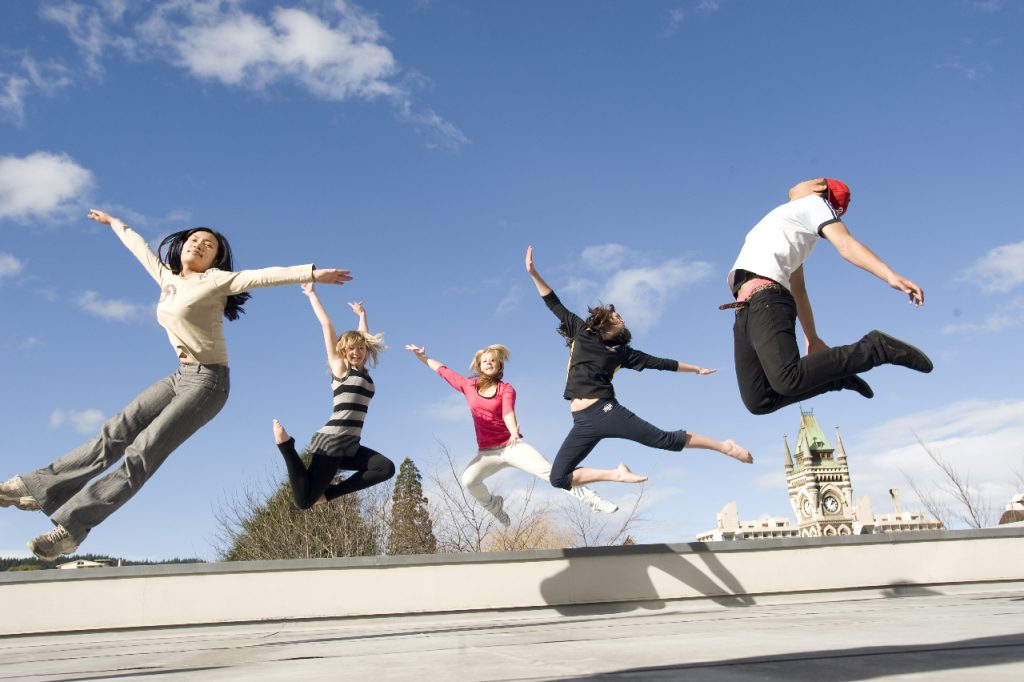
Nicole (second from left) and friends with the iconic University of Otago clocktower in the background.
What about the student life/culture?
As we have mentioned before the saying ‘one size does not fit all’ is very applicable. If we are going to be authentic the fact is not every single student that comes to us loves their time here. But one theme that does come through after all our discussions with international students is that keeping an open mind will allow you to enjoy the culture and the range of experiences more. “During my entire time as an international student I have felt fully included by my peers and completely immersed into the Otago culture. I always kept an open mind and am still thrilled about the genuine friendliness of people in Dunedin and their laid back attitude towards life.”

Nicole Bravo Castro today – she credits her time at Otago as a stepping stone to an international mindset and career.
Where are you now?
After completing a Master in Science in Germany and additionally studying for one semester in France, Nicole is now fully employed for the Scottish Company ‘PEAK Scientific’ as territory manager in Northern Germany.
“I love how my job allows me to make use of my chemistry background whilst as the same time giving me the opportunity to speak to a variety of people, using the various languages I speak and benefitting from my international experiences.”
Advice to those thinking of coming here?
“There really is no other place that compares to New Zealand, and Dunedin is particularly gorgeous. If you love natural beauty, sports and everything else the South Island offers, this is your best choice, it is also a very safe place in the world. My years at Otago feel like a key stepping stone in my journey towards having a very strong international mind-set, a curiosity for foreign culture and a high level of tolerance towards others.”
Nicky Richardson is an International Marketing Coordinator at the University of Otago. With degrees in music and marketing, she is a recent graduate of Otago herself – she loves Otago so much she ended up getting a job here!
5 steps to becoming more mentally fit….
What is mental health and fitness? Is it like physical fitness in that you can gain it or lose it? What knowledge and support is there when people need to get help? Or how can people retain their resilience and keep well when life throws its various curveballs? This is an enormous topic, but we are going to keep it simple.
Are mental and physical fitness the same?
Without getting overly complicated or indepth the answer is yes. You can be mentally fit, or un-fit, just as you can be physically fit or un-fit and both can be gained or lost. Depending on a variety of factors, you may be more susceptible to suffering from illness due to mental health than another person. We are all different, and unique and I think it is really important to remember this. Not one size fits all. Understanding your own version of ‘normal’ will help you know when things aren’t feeling right for you. Getting to know ‘you’ is one of the best things that you can do to safeguard and keep yourself mentally and physically well. Let’s go through the five ways to wellbeing as recommended by the Mental Health Foundation of New Zealand.
1. Connect
Feeling connected to others, and feeling valued and appreciated by those around you, whether in a personal or a professional context is a very important part of mental fitness. Human beings are not designed to ‘go it alone.’ In saying that, I’m not suggesting you have to be an extrovert and the life and soul of the party, it just means that we all need connection with others. Strengthening your relationships with your inner circle and your work/study colleagues by talking with them and listening to them are all safe guarding your mental fitness. Healthy connections with people make us feel good about ourselves and where we fit into the world, they also help others understand our own unique perspective on how we view the world and can help support us in times of need.
2. Keep learning
Neale Donald Walsch famously quoted “life begins at the end of your comfort zone.” And although it is lovely to feel safe and comfortable in a daily routine, it also pays to be aware of new opportunities that come across your path. Be open to new experiences. Yes, it may very well be challenging, but that is part of what growing and developing resilience is all about. It is frightening and stressful to try new things and go outside your normal level of comfort, but once you have overcome these initial fears you may completely surprise yourself – this alongside the feeling of self satisfaction will be totally worth it.
3. Take notice
We are all guilty at times of worrying about the future and reminiscing about the past, but trying to ‘live in the moment‘ is another step to mental fitness. Be aware of how you are feeling at any given time, and attempt to understand why. Most importantly remember that all feelings, both good and bad eventually pass. So living in the moment and taking time to appreciate the world around you can also help you keep mentally fit and boost your mental well being.
4. Give
It really is amazing the difference a kind word or gesture can make to your day. Carrying out random acts of kindness, whether small or large are a win, win situation for both the giver and the receiver. The person receiving your kindness feels noticed, valued and appreciated, and as a result you feel positive about yourself! In fact carrying our random acts of kindness can increase happiness, life satisfaction and general well being.
5. Be active
Looking after your mental fitness is helped greatly by looking after your physical fitness. Being physically fit and keeping active is known to improve mood, wellbeing and decrease depression, anxiety and stress. If you are of student at the University of Otago, or the University of Otago Language Centre and Foundation Year programmes you will have unlimited and free access to Unipol Recreation Services.
So whilst this post has been about how to keep, or get mentally fit and improve your wellness, there are times in life where you feel that your version of ‘normal’ is not your usual and that’s when you need to ask for help.
The University of Otago International Office has a specialist team of Student Advisers that are here to help you in a variety of ways, including mental health issues. There is also a designated Student Health Mental Health & Wellbeing Team offering a free service to help guide you. There is also an amazing student led initiative called Silverline Otago that actively promote student mental health and wellbeing in the form of events, groups and resources.
So, look after yourself, both physically and mentally and try the five steps to wellbeing above, see if it makes a difference. You might just surprise yourself……
Nicky Richardson is an International Marketing Coordinator at the University of Otago. With degrees in music and marketing, she is a recent graduate of Otago herself – she loves Otago so much she ended up getting a job here!
Dunedin Beaches – we don’t want to boast but…….
It’s funny that Dunedin, New Zealand shares it’s namesake with another city on the other side of the world, Dunedin, Florida. Dunedin Florida has quite a few similarities with ‘our’ Dunedin, including the name itself derived from the Scottish Gaelic name for Edinburgh. Both cities enjoy a rich Scottish heritage, beautiful parks, a vibrant city and educational opportunities, but I bet you didn’t think that beaches would be one of them? That’s right, today’s blog is all about Dunedin NZ’s beaches, what they’re like, where they are and we don’t mean to boast, but………they are many and varied and just down right awesome.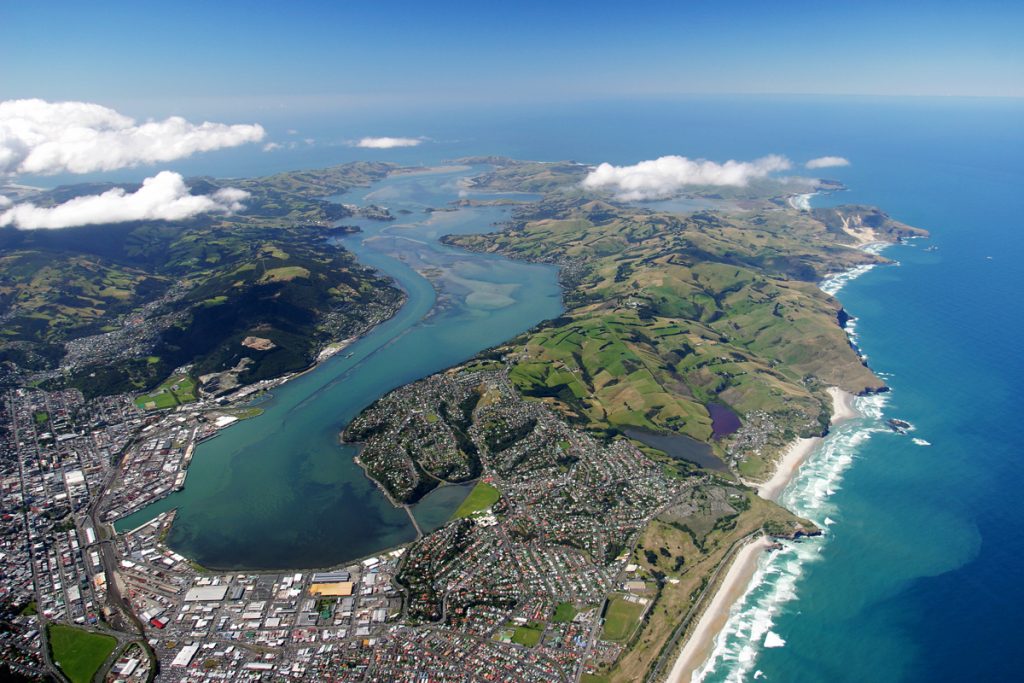
The big picture
We’ve used this aerial shot of Dunedin before, but let’s face it, it is absolutely amazing, so why not use it again? Also, it shows you just how close Dunedin is to the coastline and an array of beaches. You can’t see all of the coast line in this shot, but it gives you a pretty good indication. In Dunedin, all of our beaches are within approximately a 30 minute drive of the Central City, some as close as 10 minutes away, and that’s where we’ll start with the closest and possibly most popular local beach.
St Clair Beach
St Clair Beach and Hot Salt Water Pool is literally on the doorstep for many Dunedin residents, and only a 10 minute bus or car ride from the Otago University campus. Not only is this beach blessed with beautiful soft, white sand, the mighty Pacific Ocean that stretches its long legs out from the beach offers surfing opportunities for both beginners and those that love to wet their feet on a regular basis. If you’re coming to Dunedin and you’ve never surfed before, get some surfing lessons from the locals and see what all the fuss is about. Or if you prefer a slower pace, take a stroll along the beach and end your walk at one of the many cafes, restaurants and bars that line our most popular of beaches.
Aramoana Beach
Aramoana translates from Maori to English as ‘sea pathway’ and this beach at the mouth of the Otago harbour was probably one of the very first beaches that the European settlers to Otago would have viewed. Aramoana beach is situated next to a quiet little township that has an array of permanent homes and kiwi baches. It, like St Clair is a surfing destination, but it also attracts (as most of Dunedin’s beaches do) a range of wildlife that comes ashore and on that note it’s really important that you don’t go near any wildlife you see. Follow these guidelines on how to behave around our precious and often rare and endangered wildlife taonga – keep your distance, don’t engage, keep your dog (and children) under control and keep noise to a minimum.
Brighton Beach
20km’s South West of Dunedin you’ll find a delightful little seaside town called Brighton. Again, this beach is popular for surfers and the community around the beach very much embrace a relaxed and easy going lifestyle.
You can hire a boat from the Brighton motorcamp to paddle up and down the stream, at low tide Barney’s Island (at the South end of the beach) is a wonderful place to explore, and you’ll often find families with small children making the most of these peaceful waters.
Surf lifesaving patrols are on duty during the busy summer months and rumour has it that there is a fairly impressive little cafe out there to add to your enjoyment.
Tunnel Beach
Tunnel Beach is named because of the fact that a man-made tunnel has been carved through the rock in the 1870’s which leads to a sheltered and private beach. There are many rumours and local legends as to why John Cargill carved this remarkable walkway, including the drowning of one or more of his daughters, or the fact that he wanted to provide his daughters’ with a secluded place in order to be far from the prying eyes that Victorian settlers so avoided. Either way, it is spectacular.
Tomahawk Beach
So this is just a taste, a mere sampling of the many and varied beaches that Dunedin has to offer, and whilst we aren’t inclined to boast we thought we would share this little clip filmed by Lloyds Bank as a finale! Tomahawk Beach, and all our Dunedin beaches, look how beautiful you are!
NB: We would like to make special mention to DunedinNZ.com for their imagery and comprehensive list and information on Dunedin beaches!
Nicky Richardson is an International Marketing Coordinator at the University of Otago. With degrees in music and marketing, she is a recent graduate of Otago herself – she loves Otago so much she ended up getting a job here!

